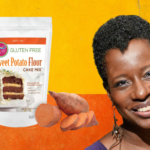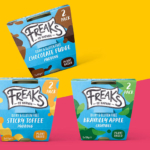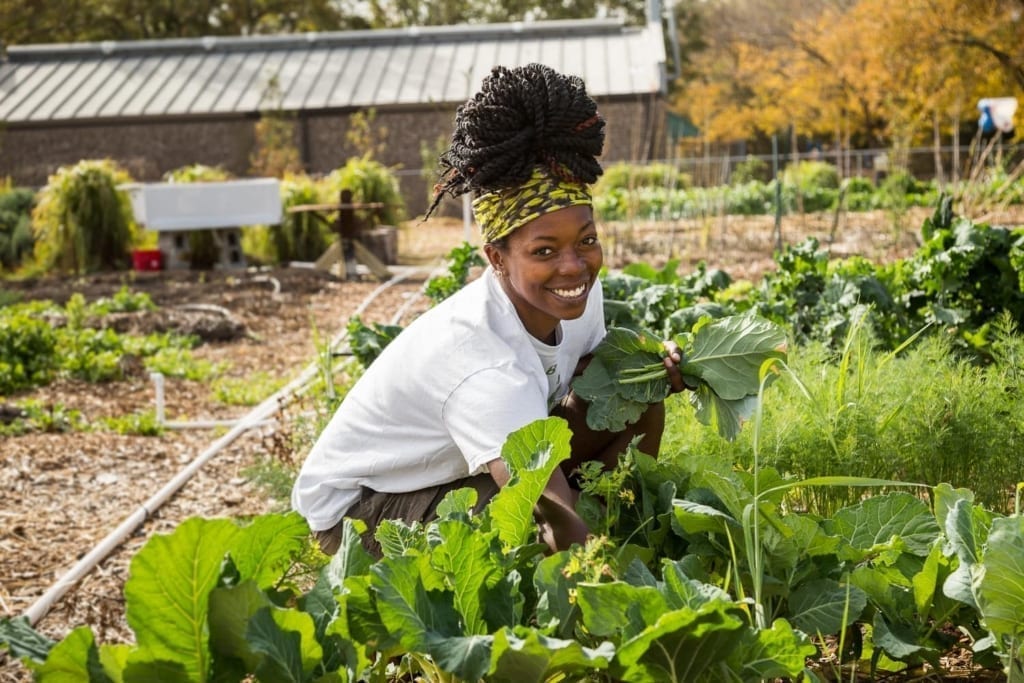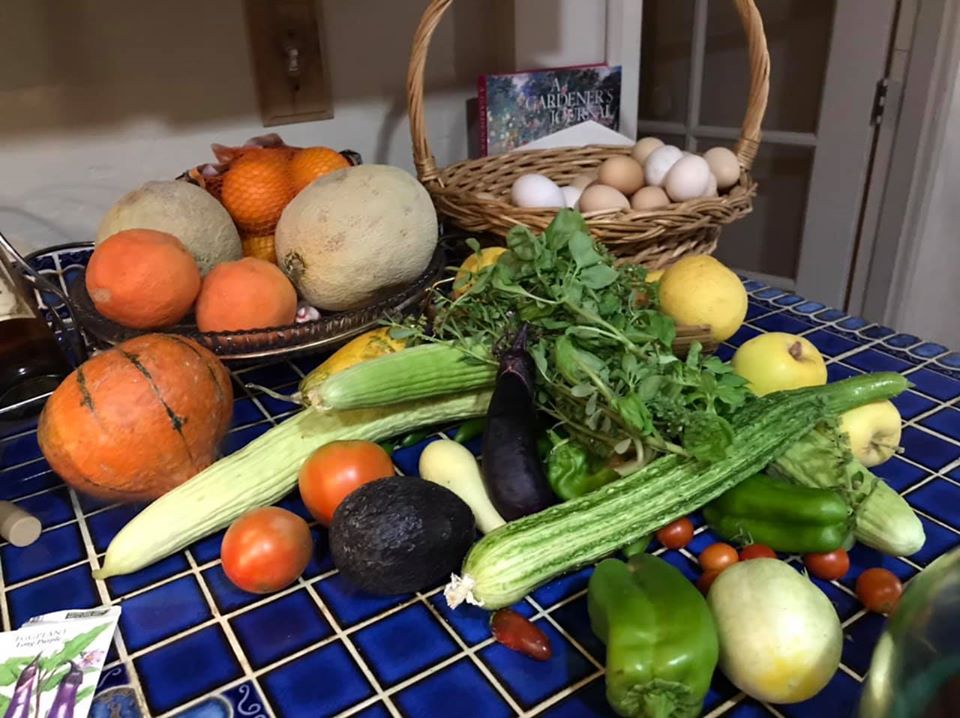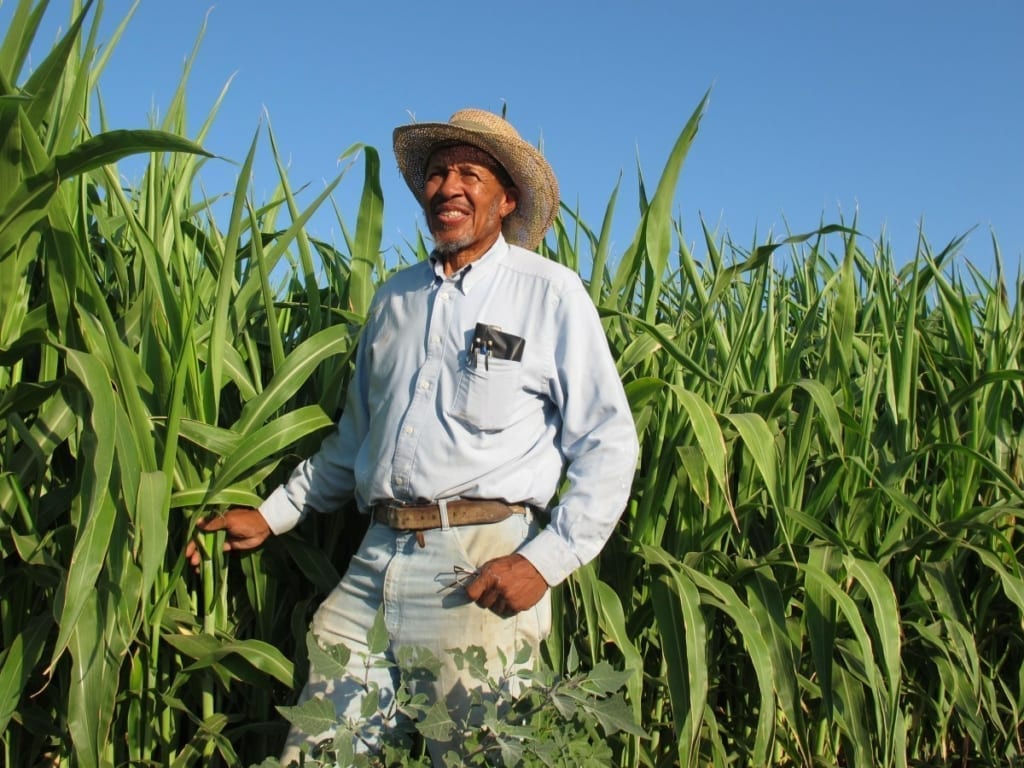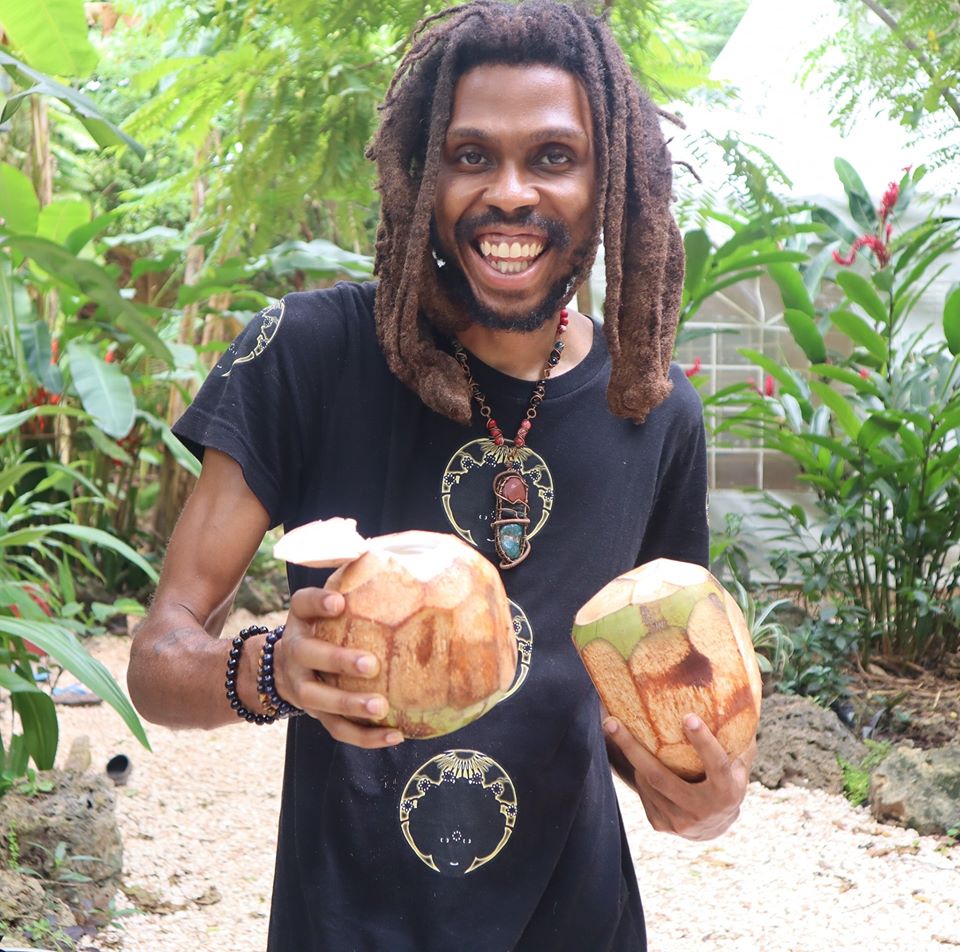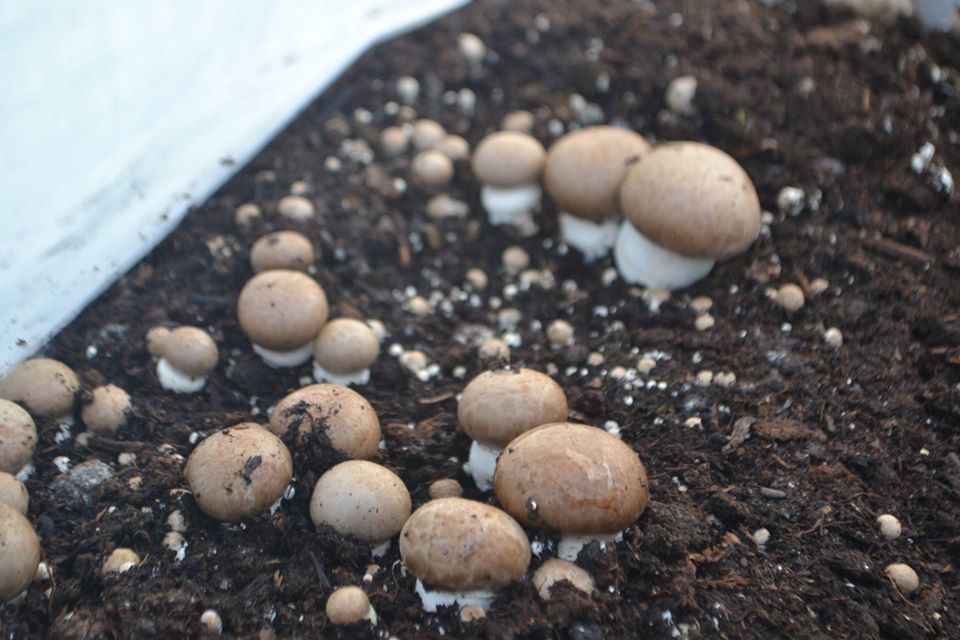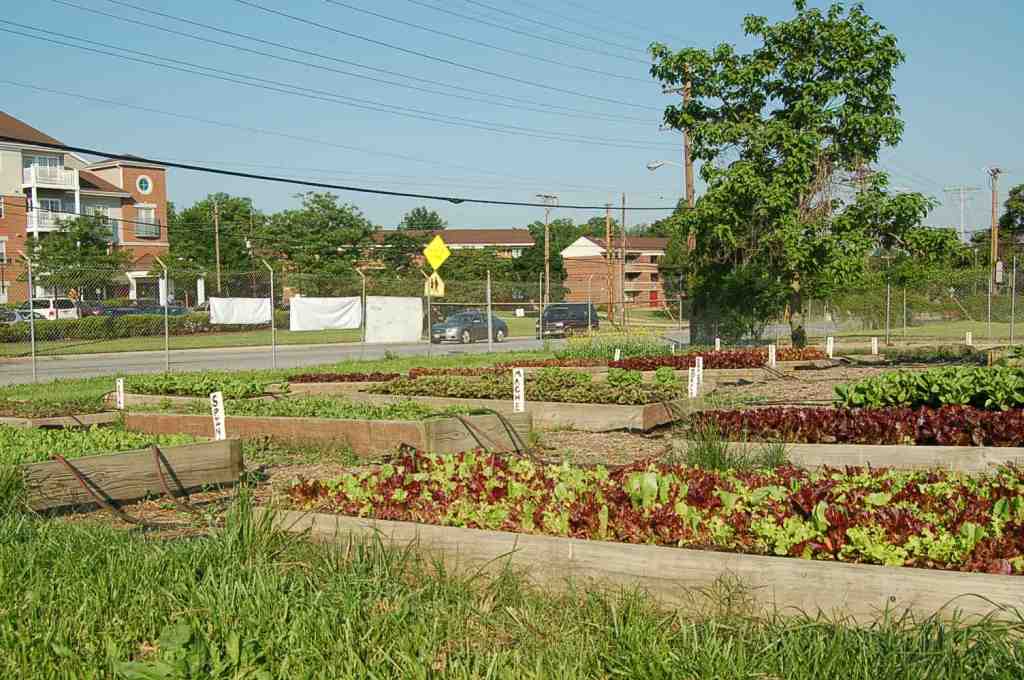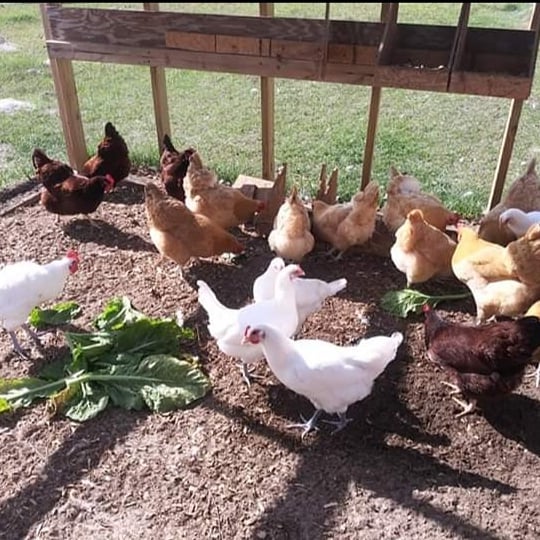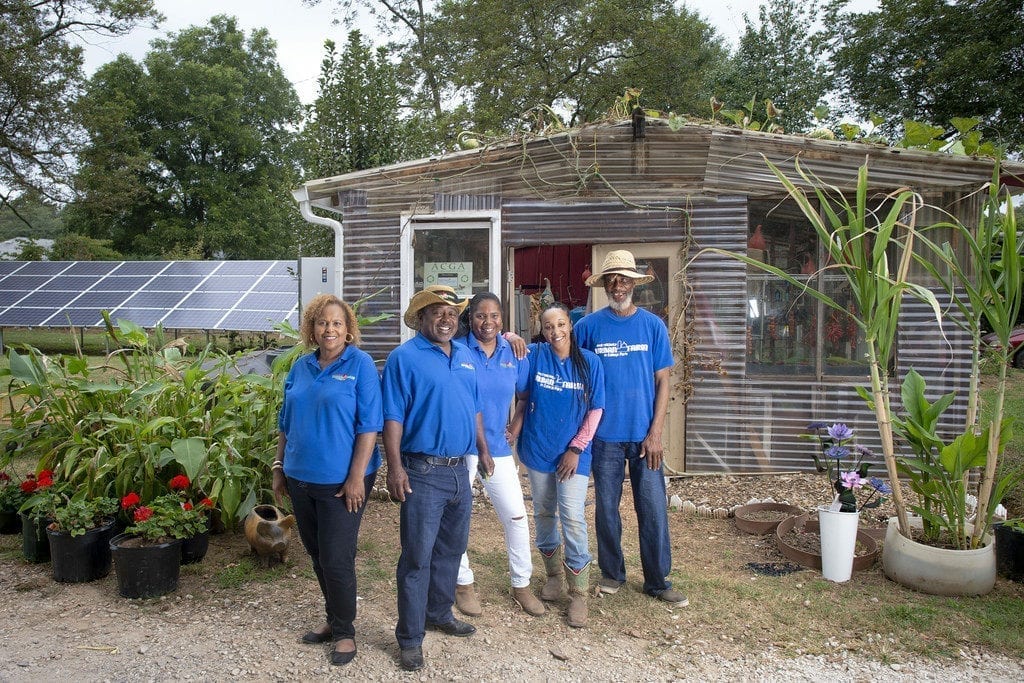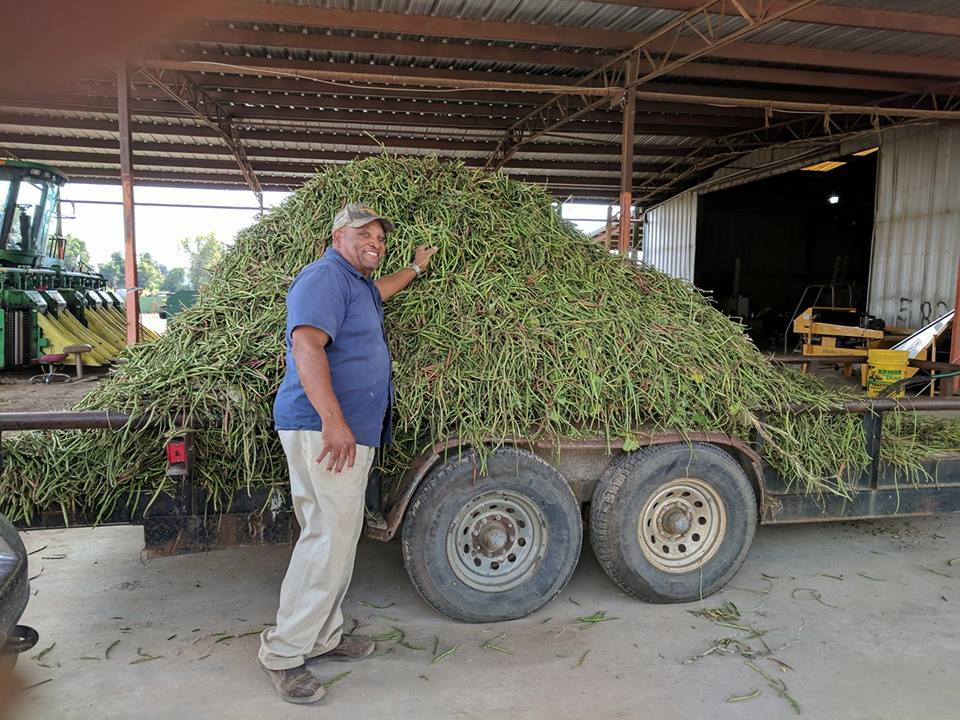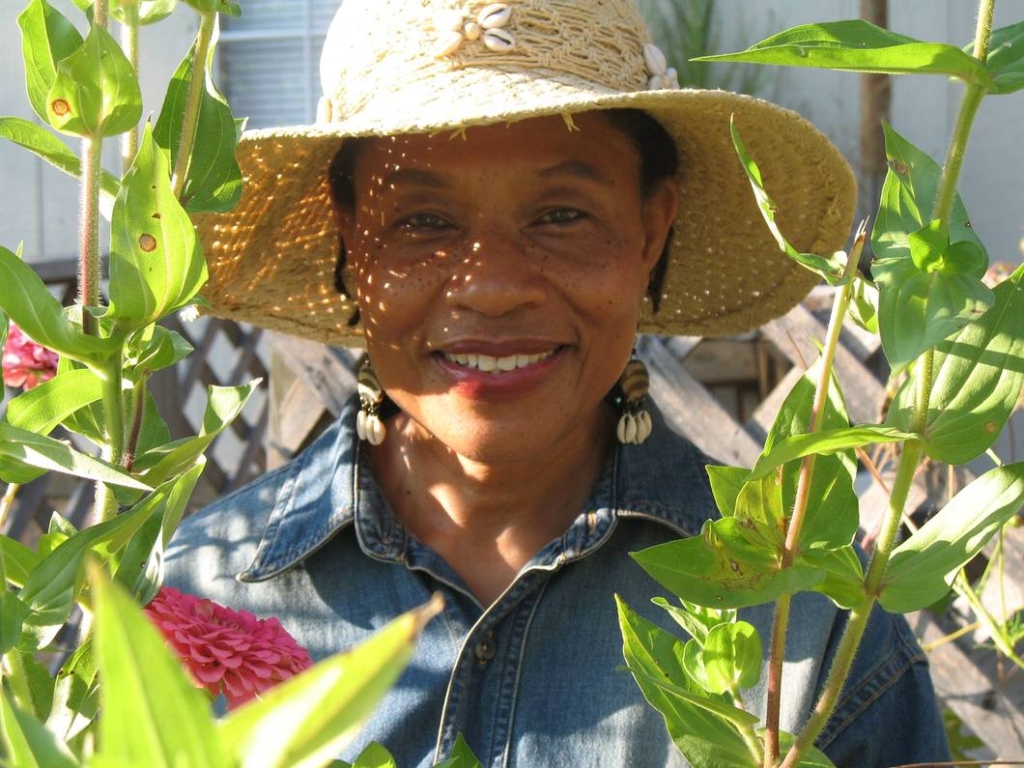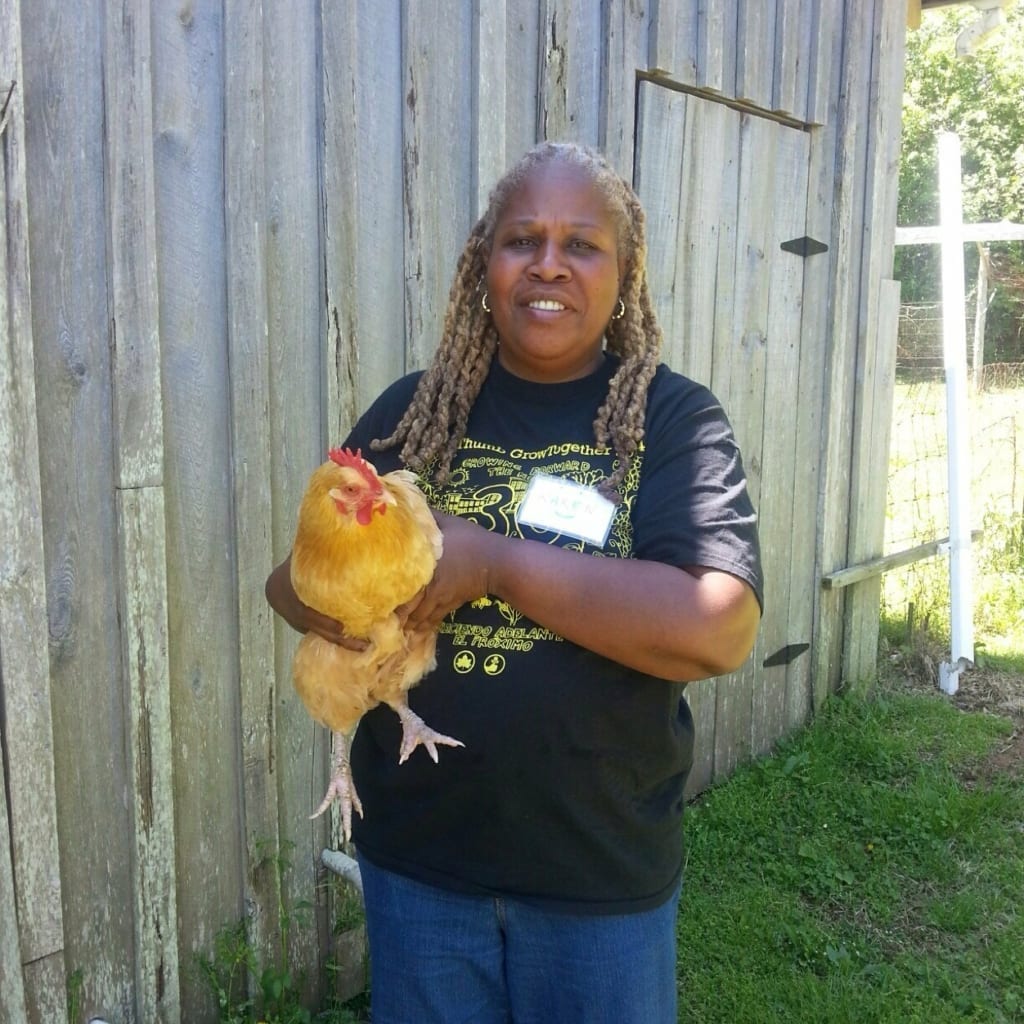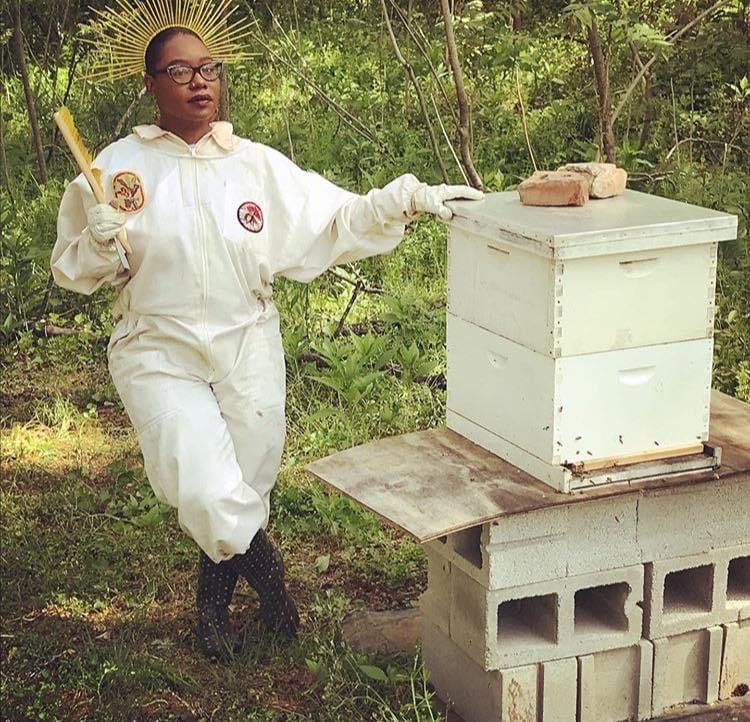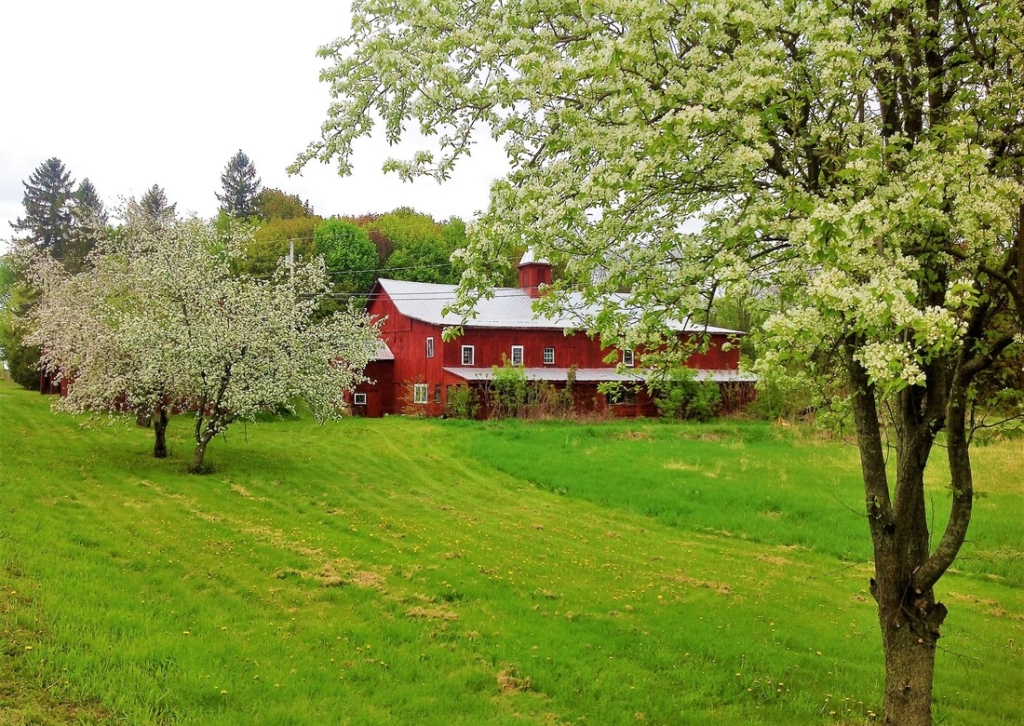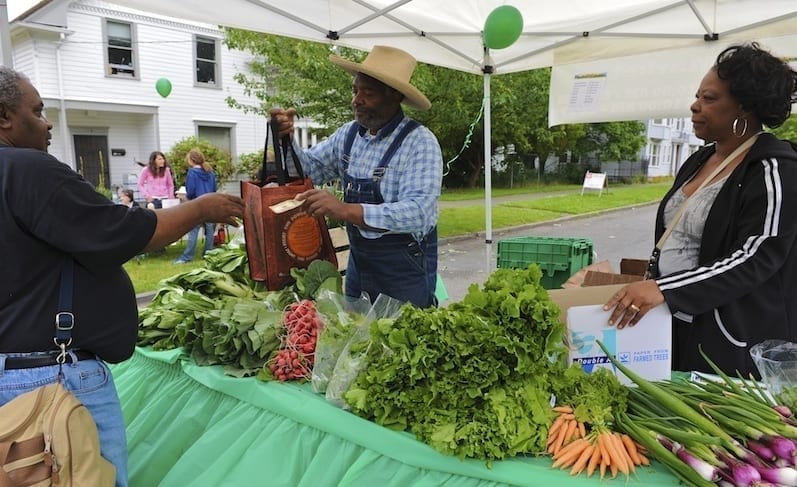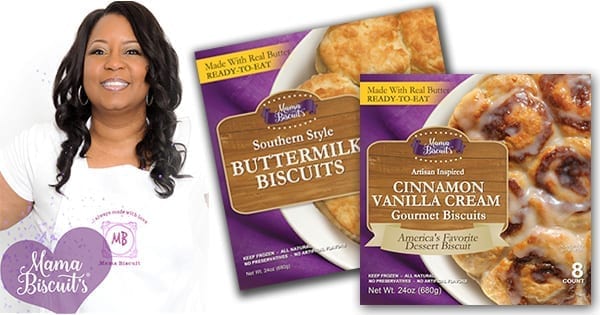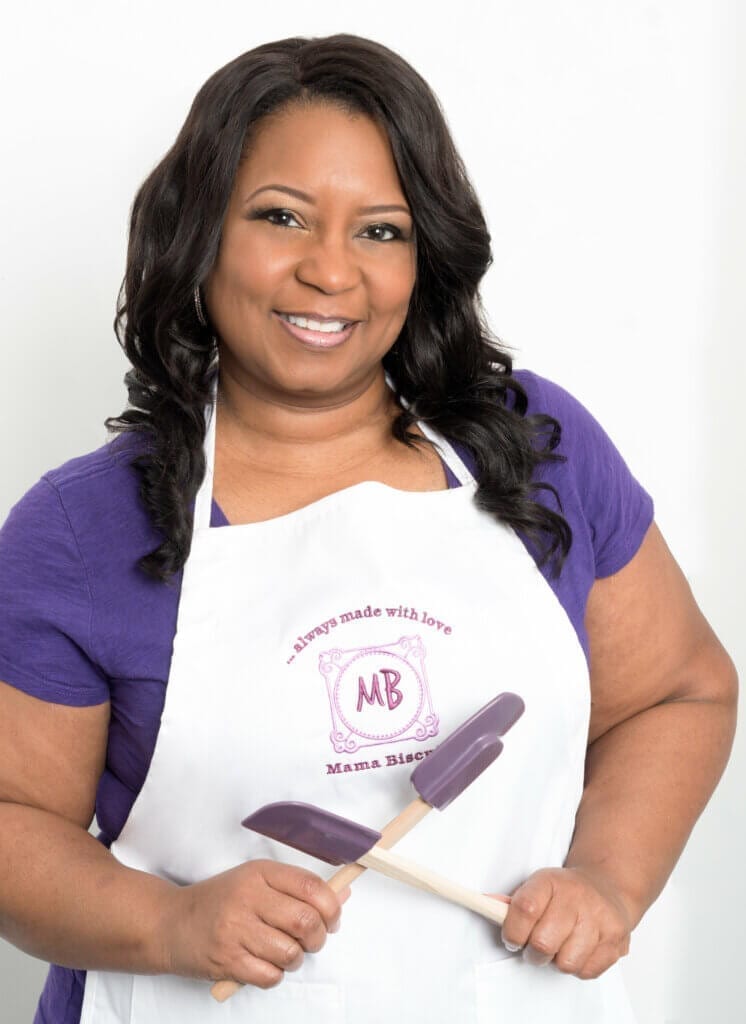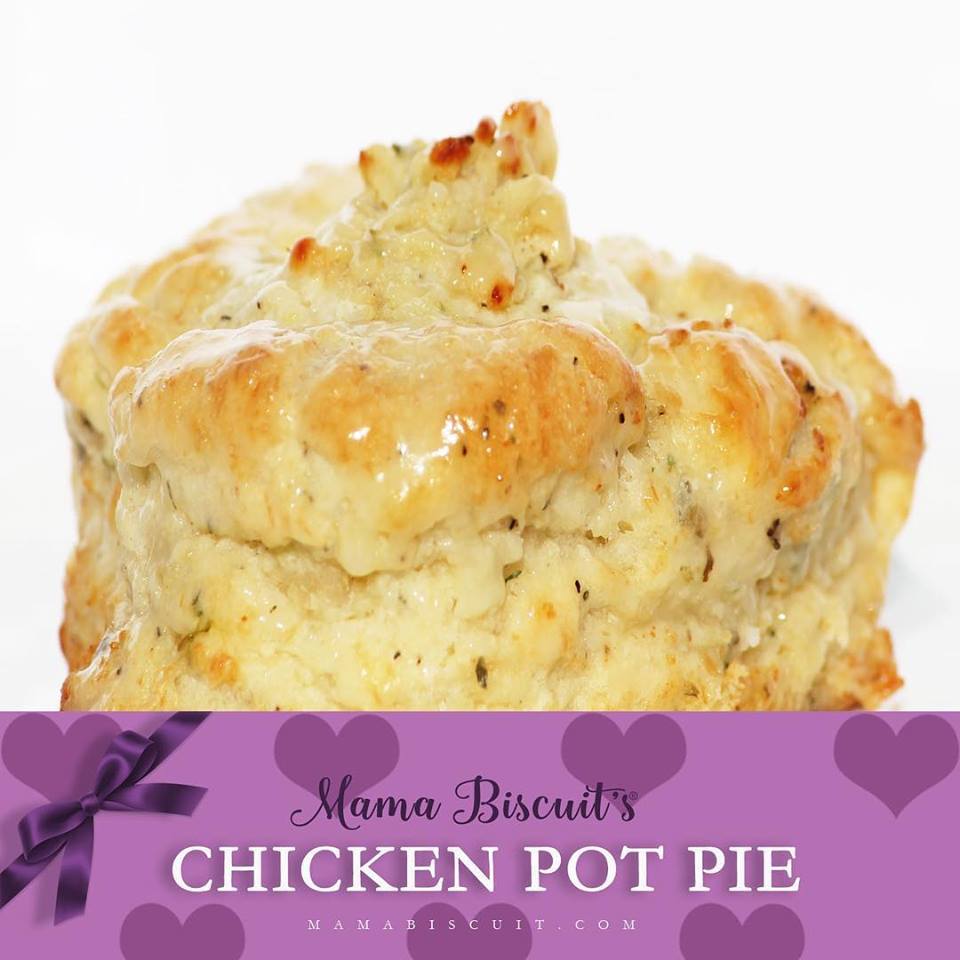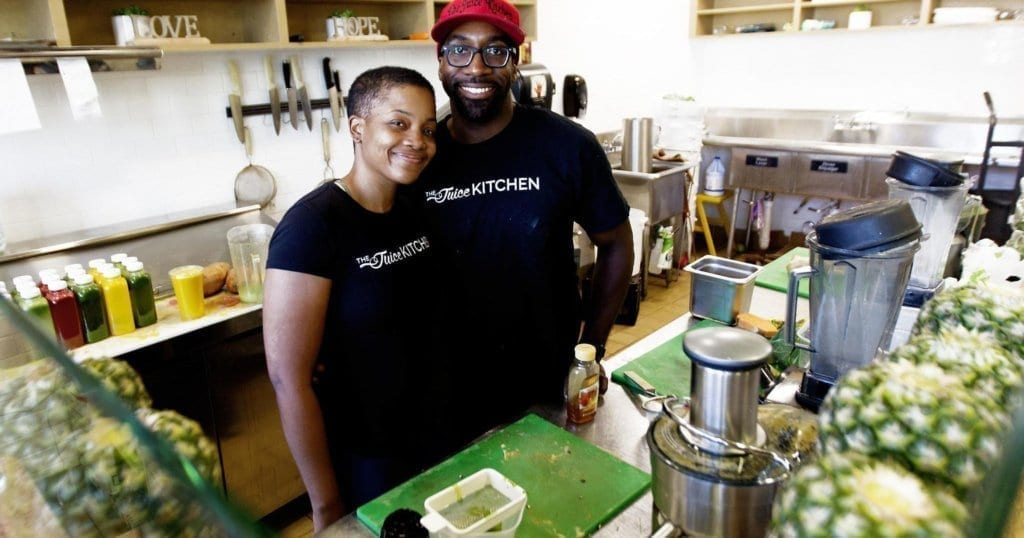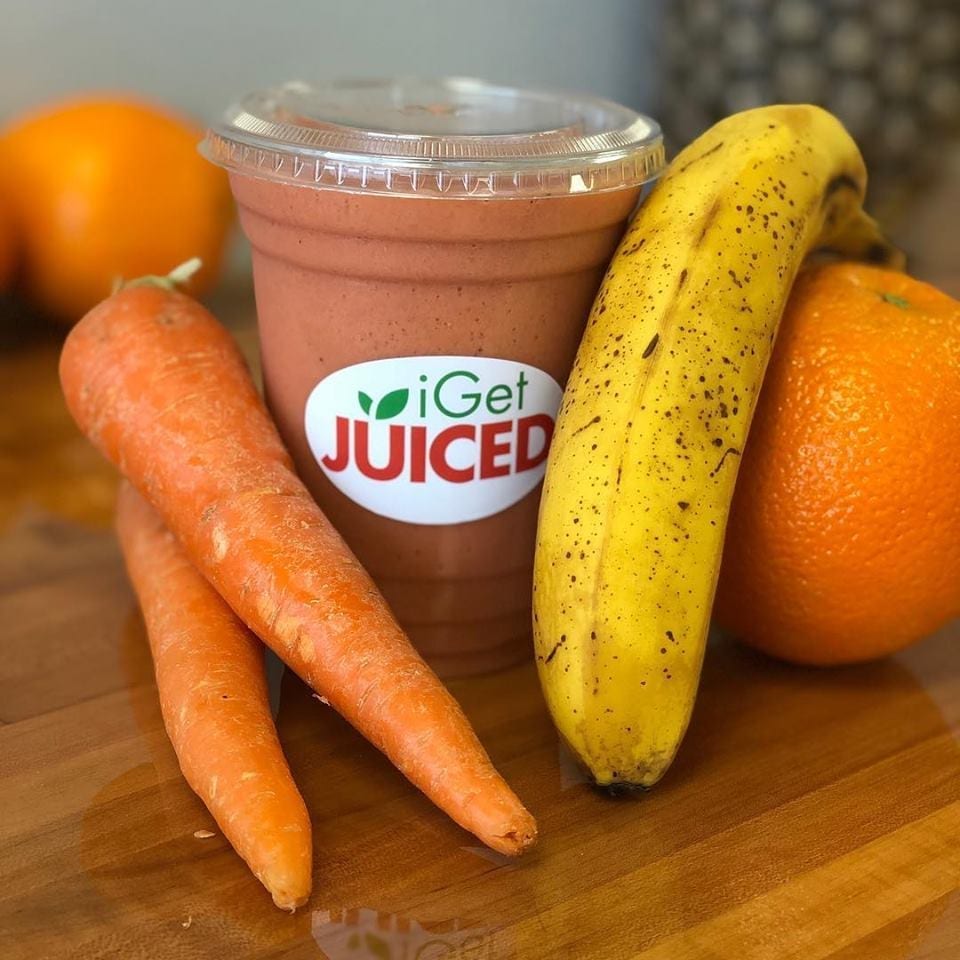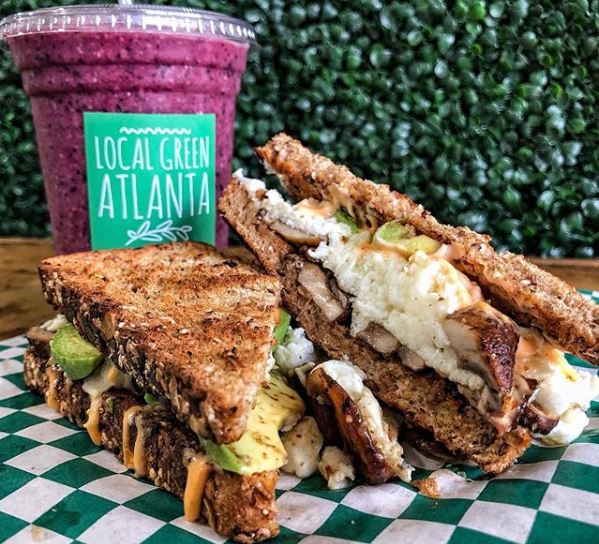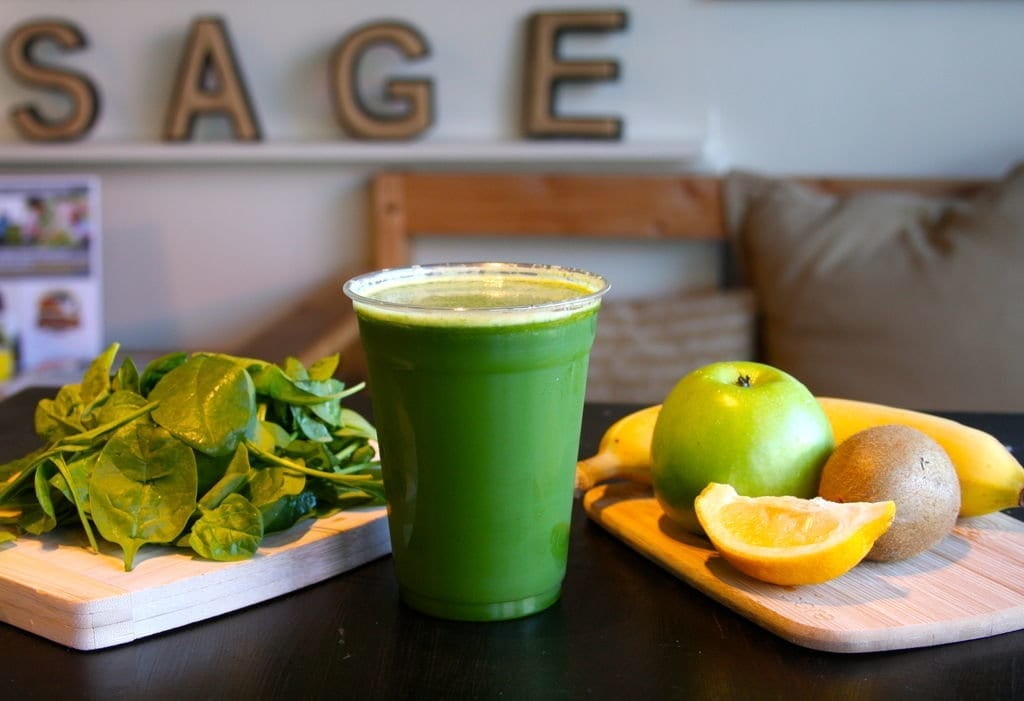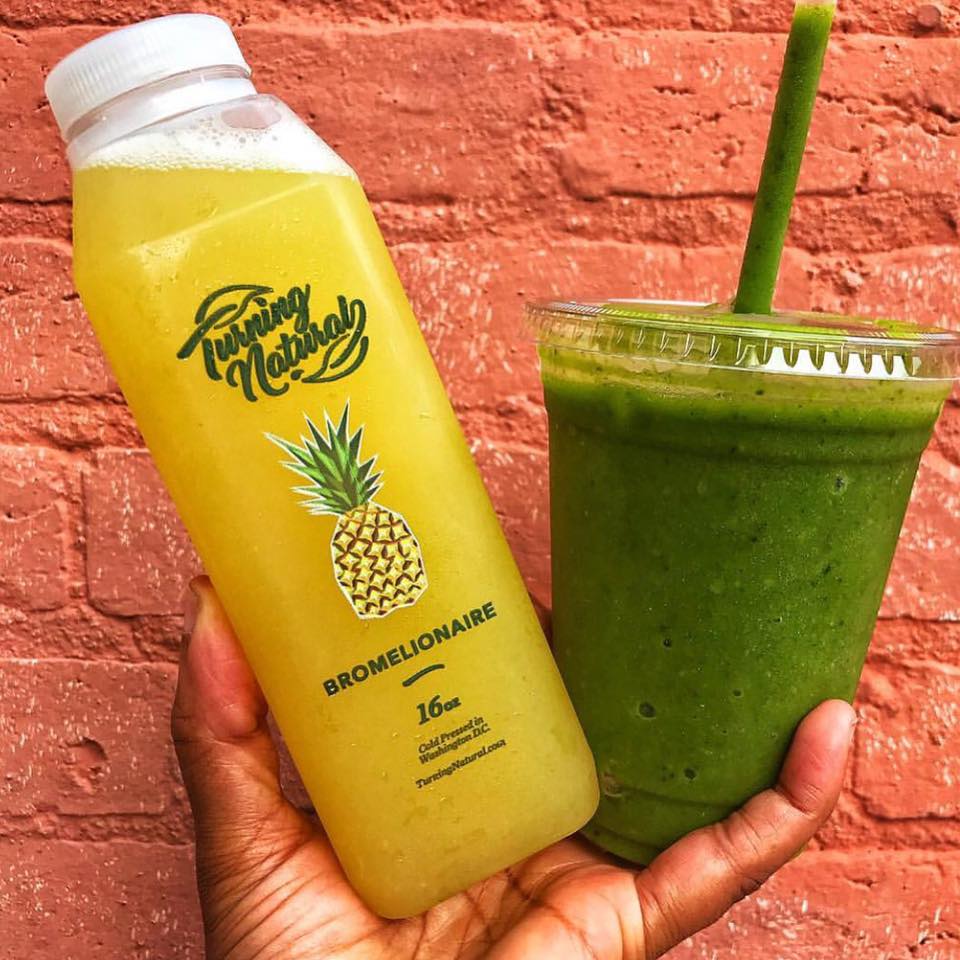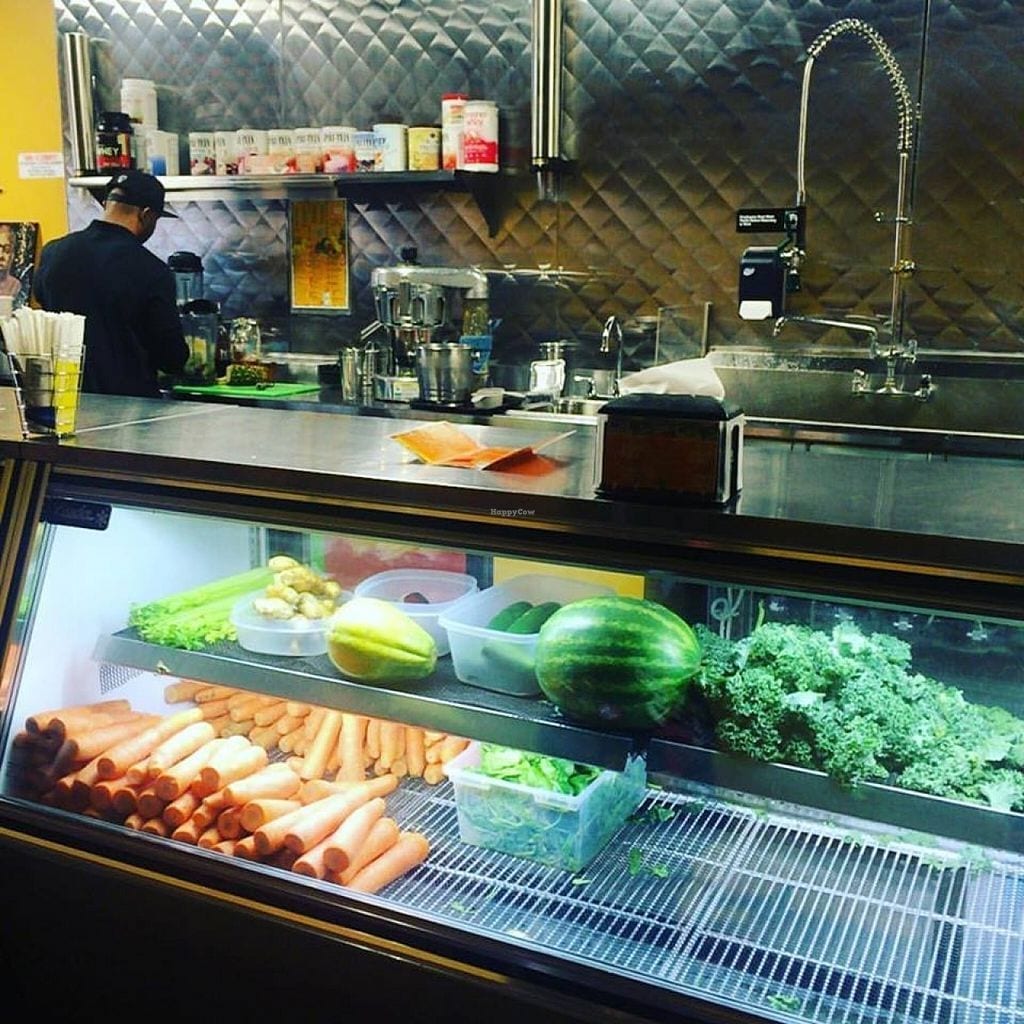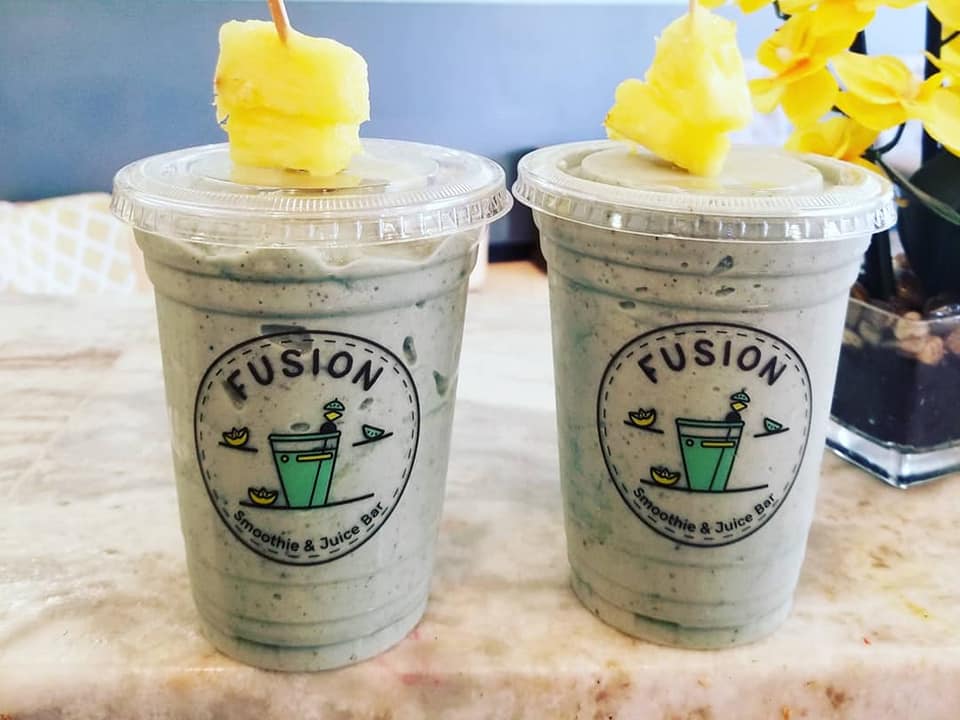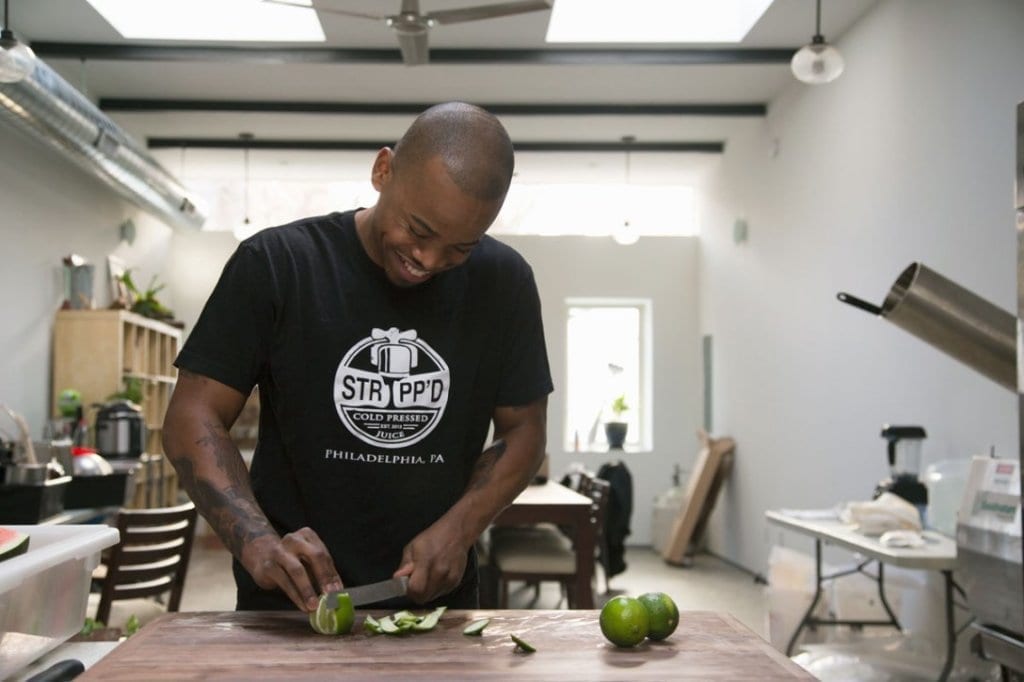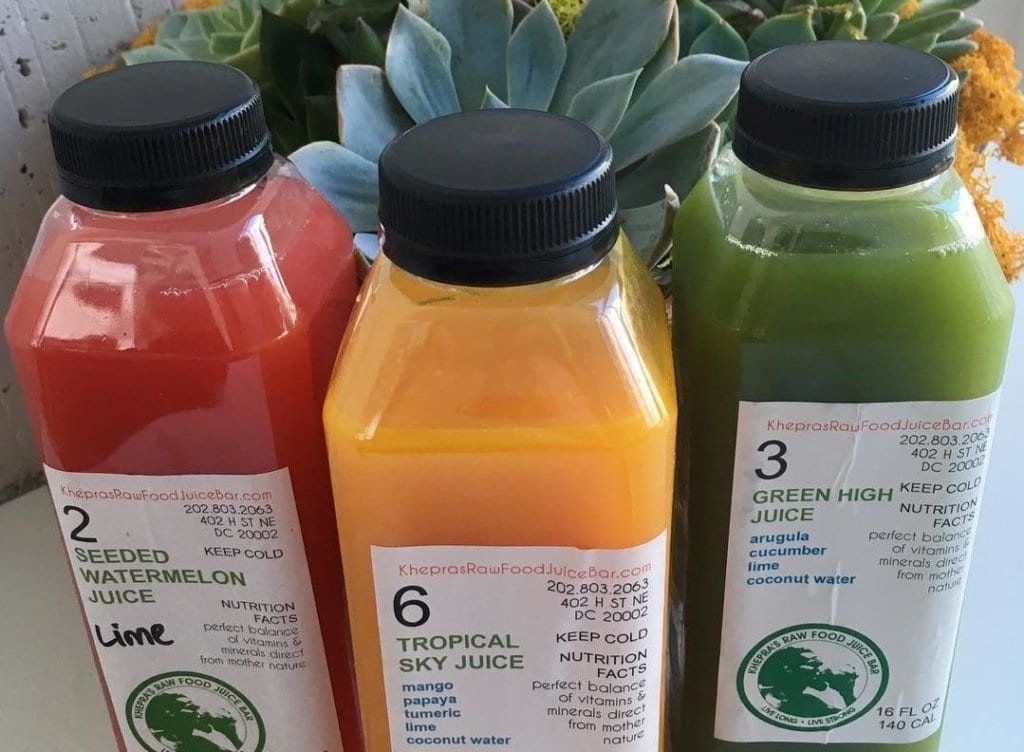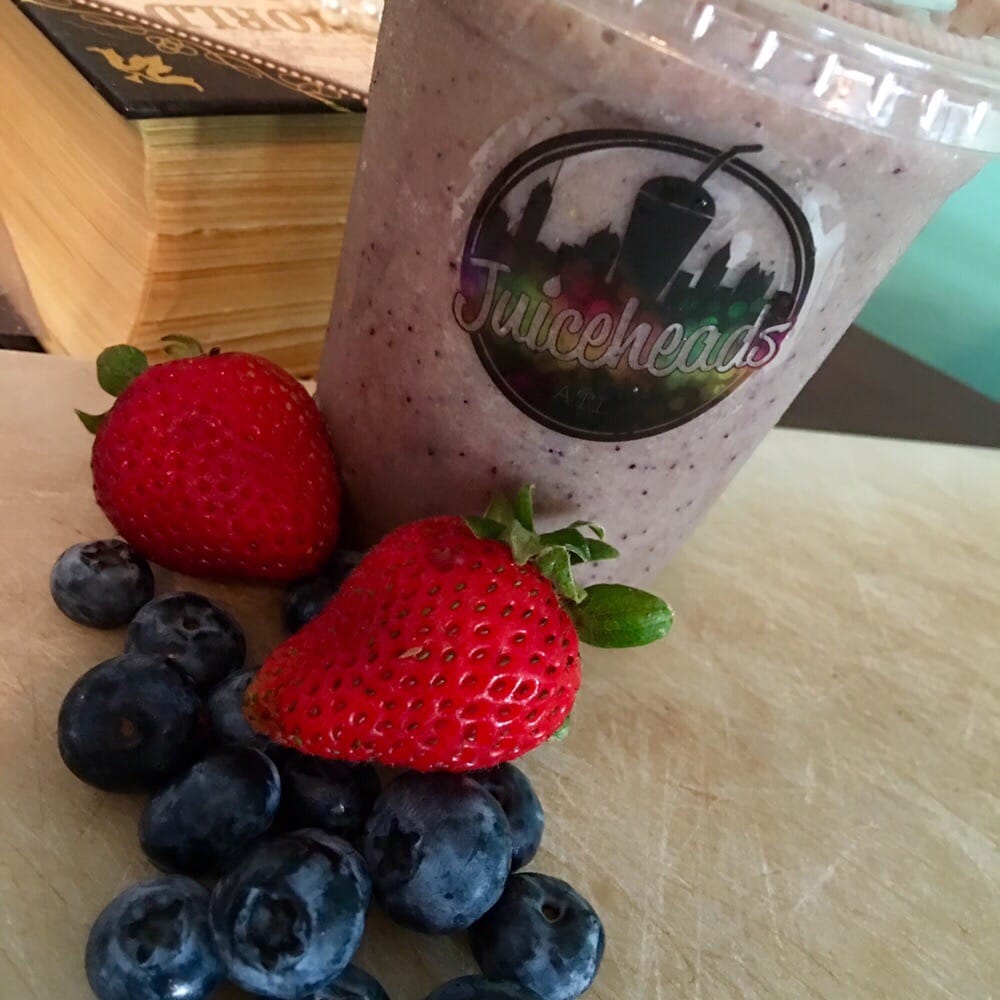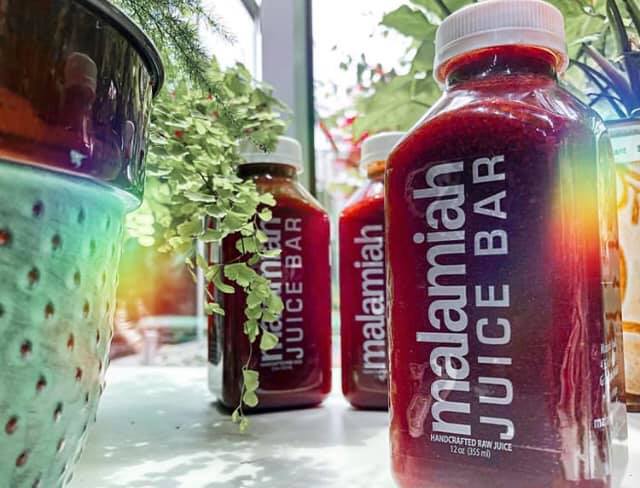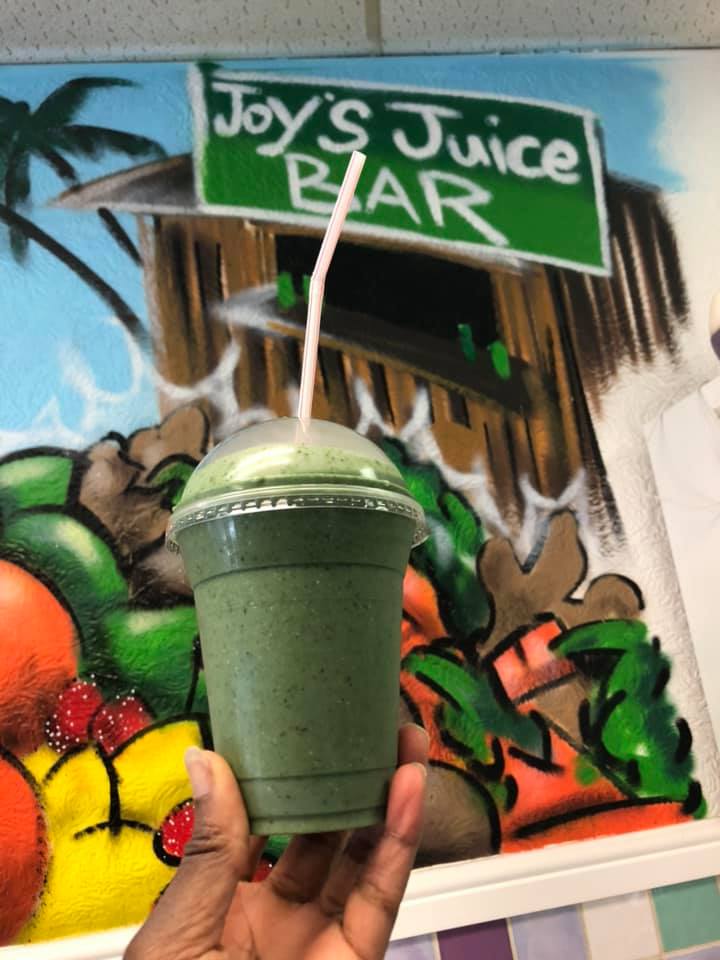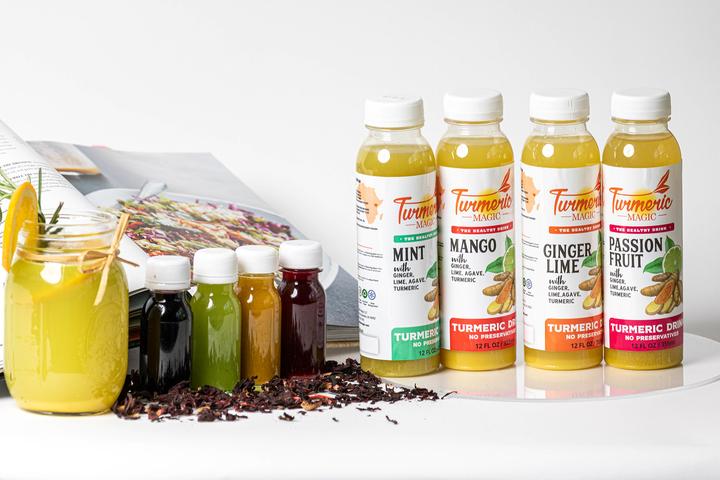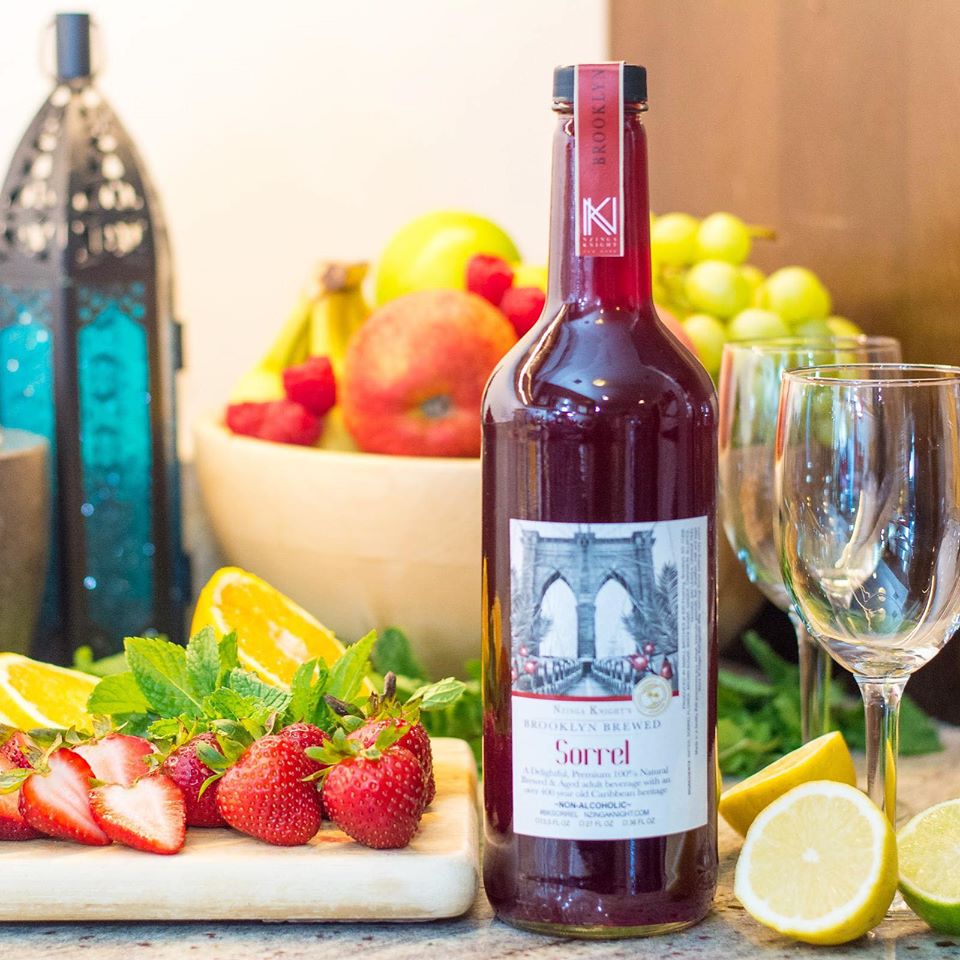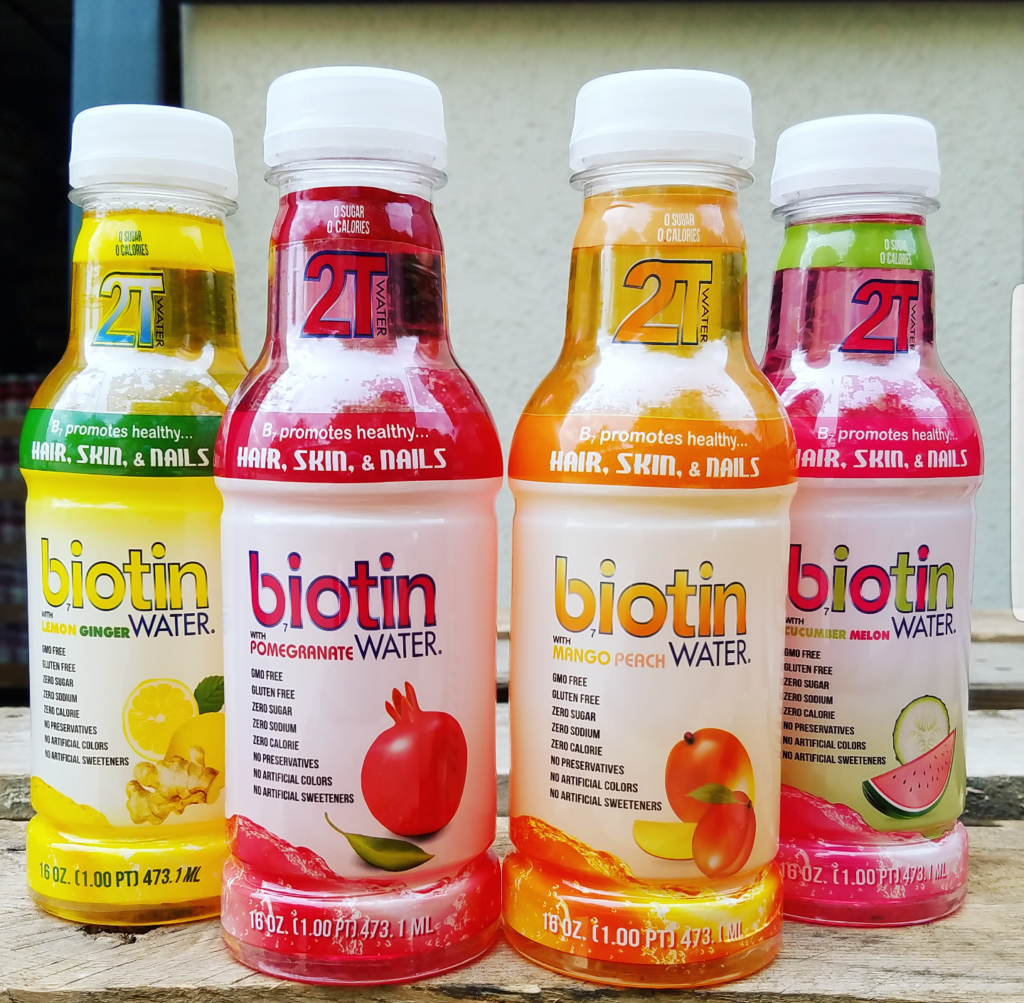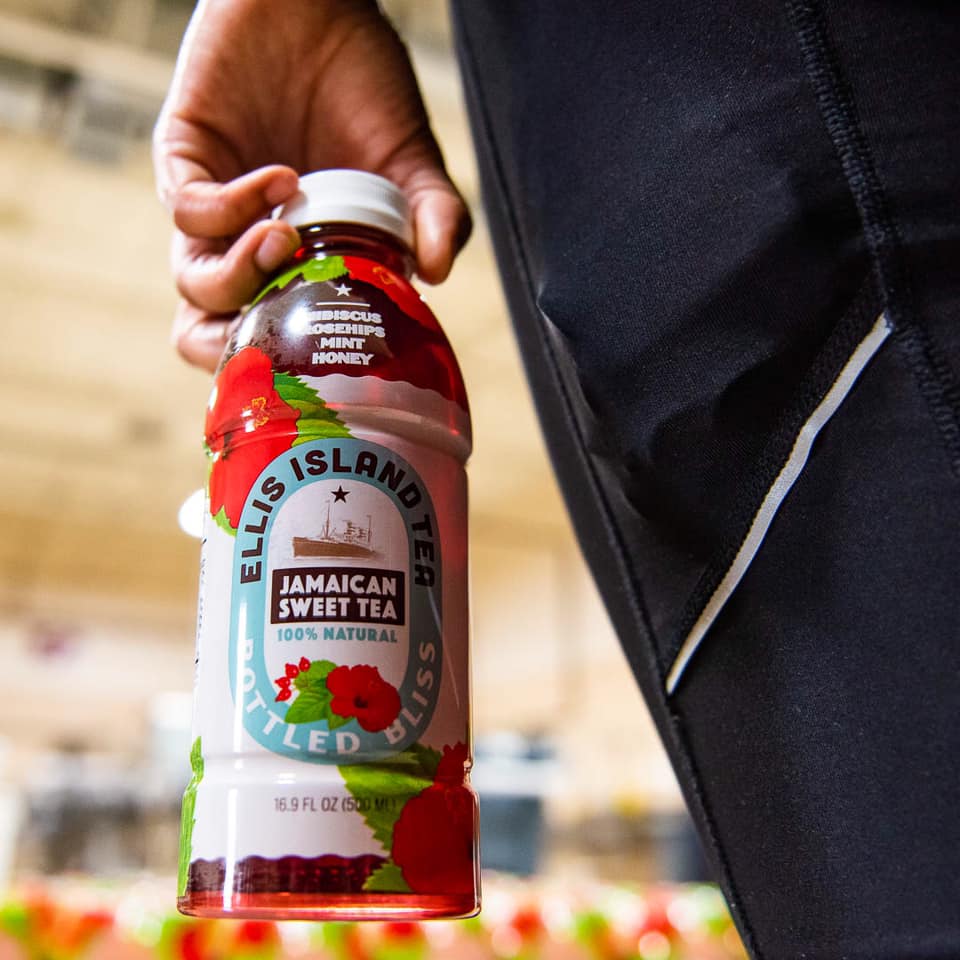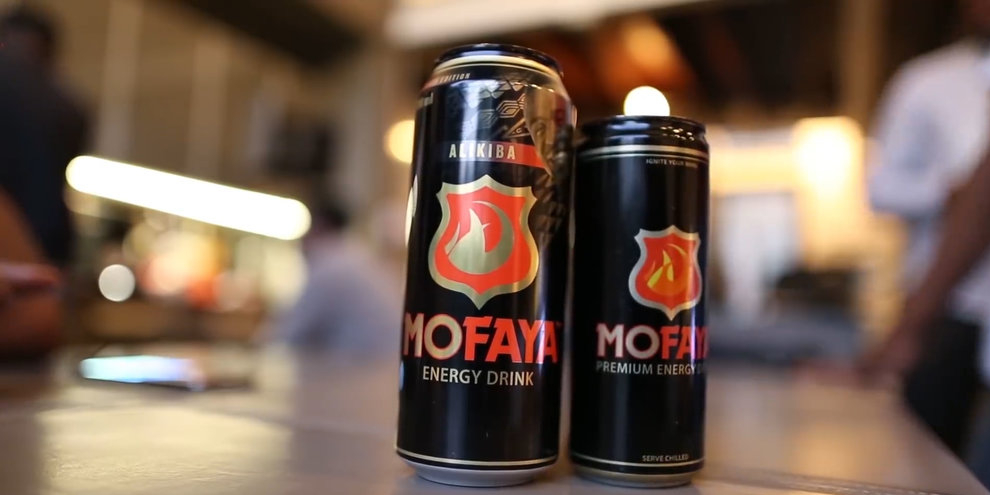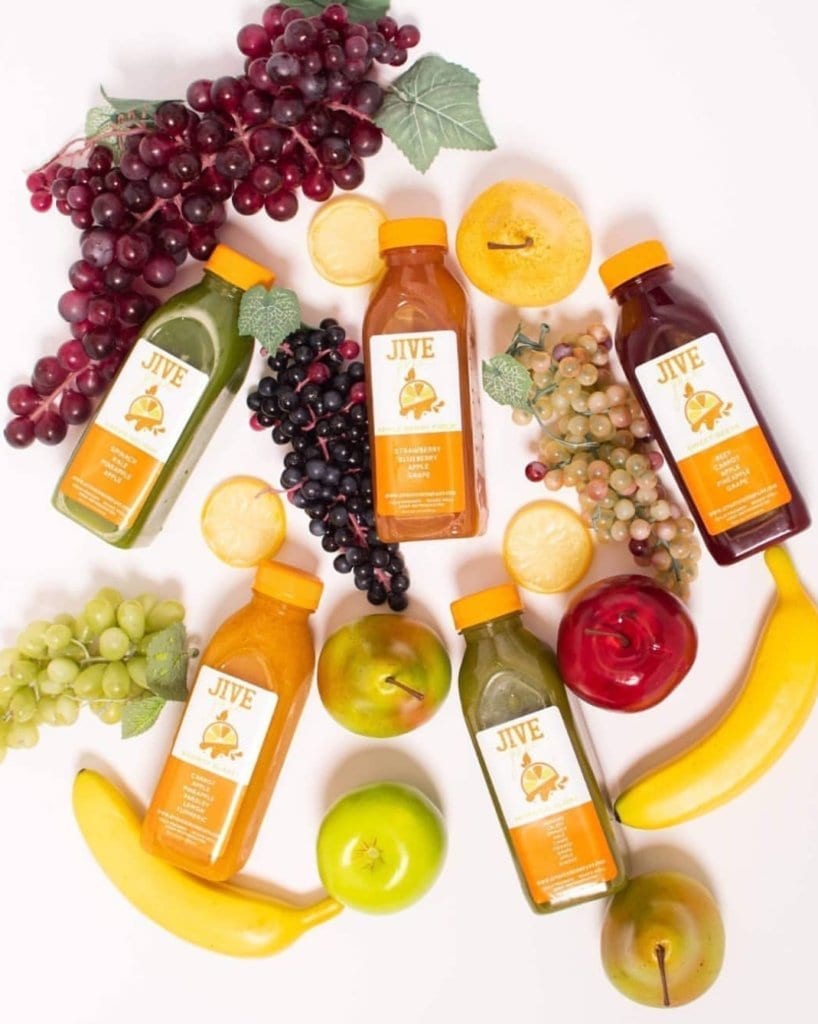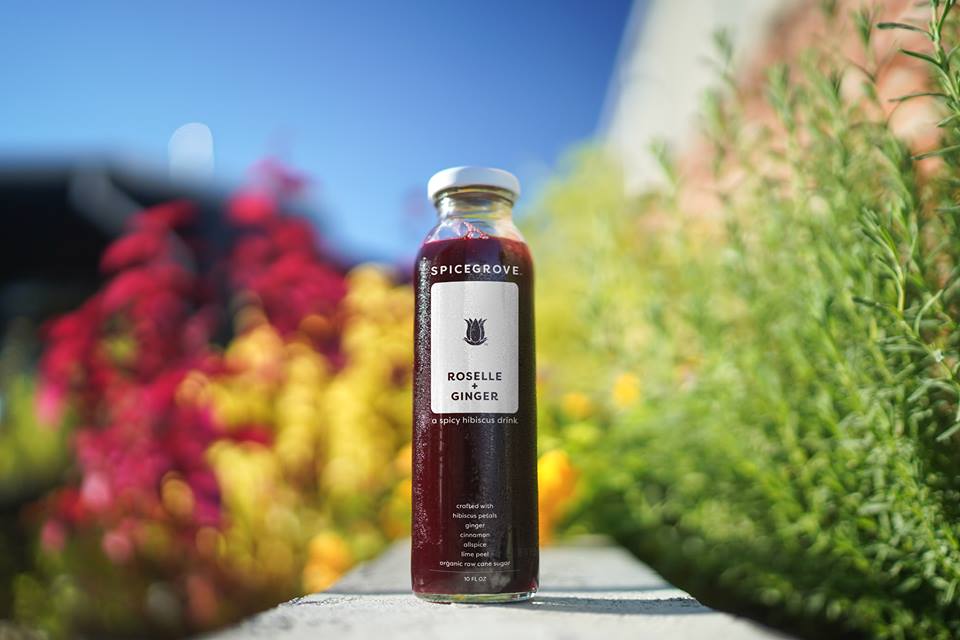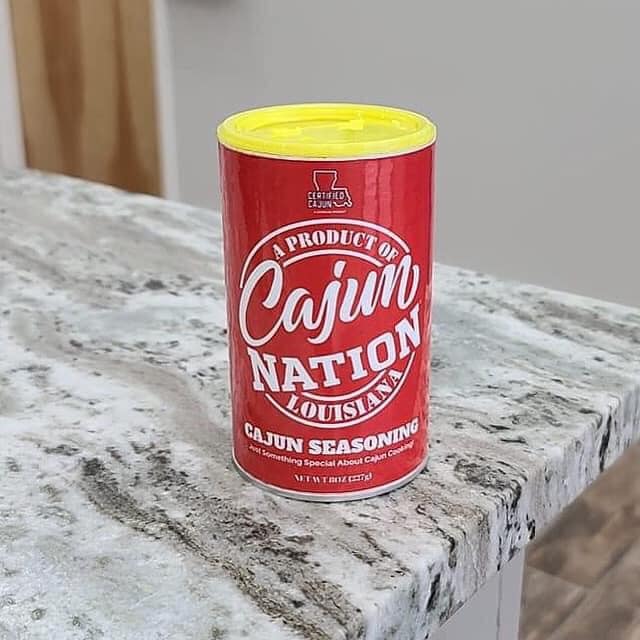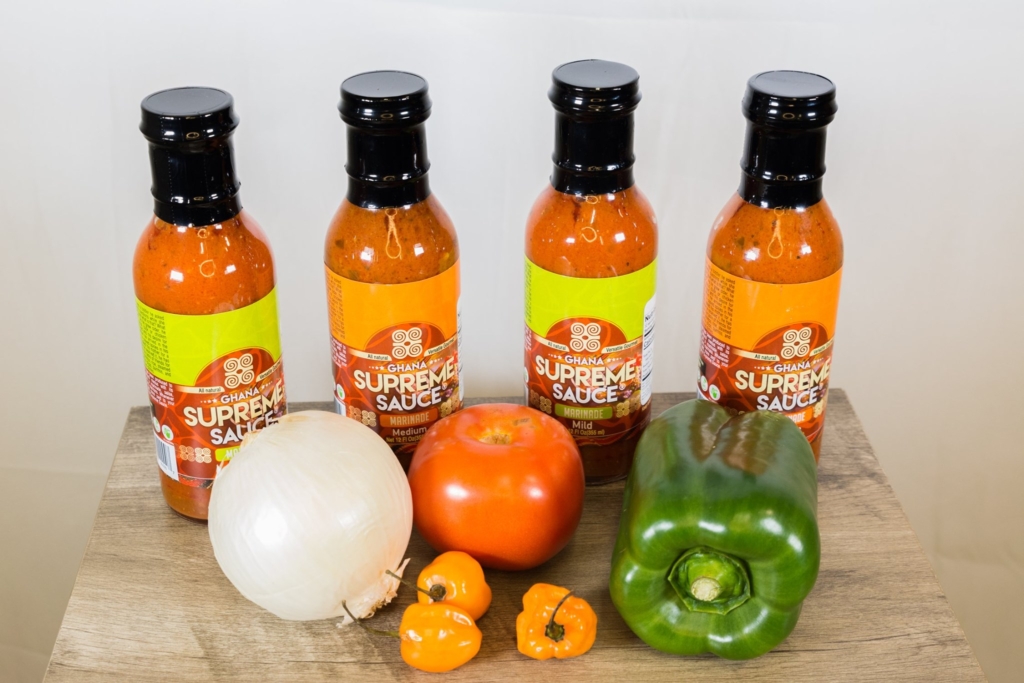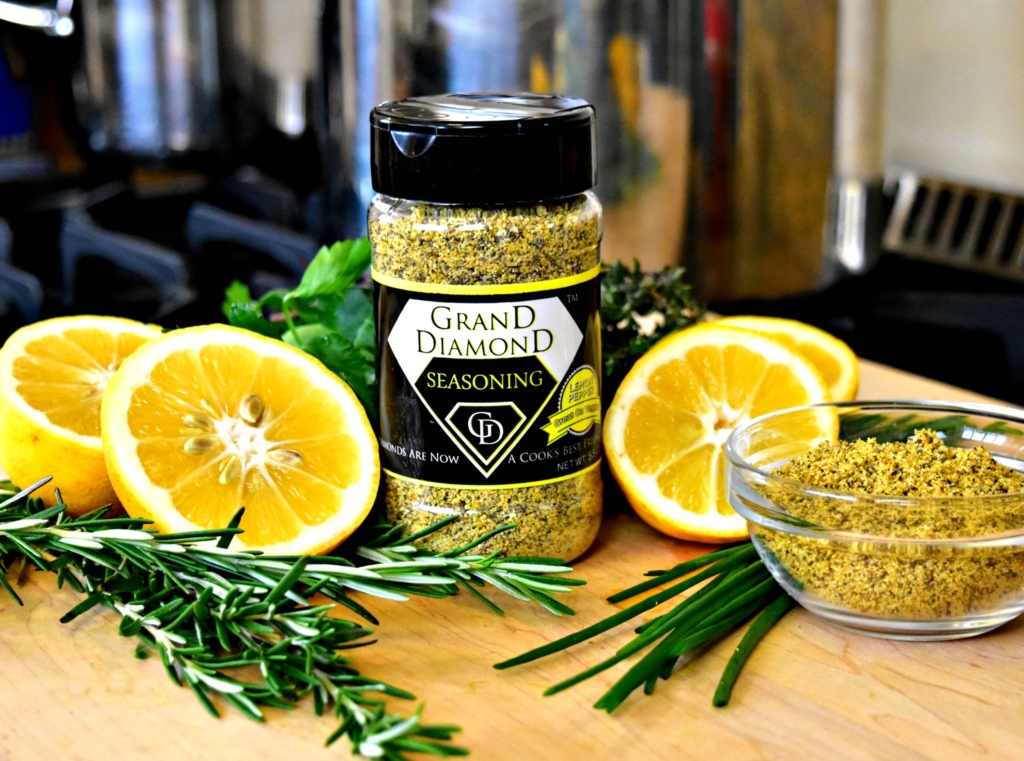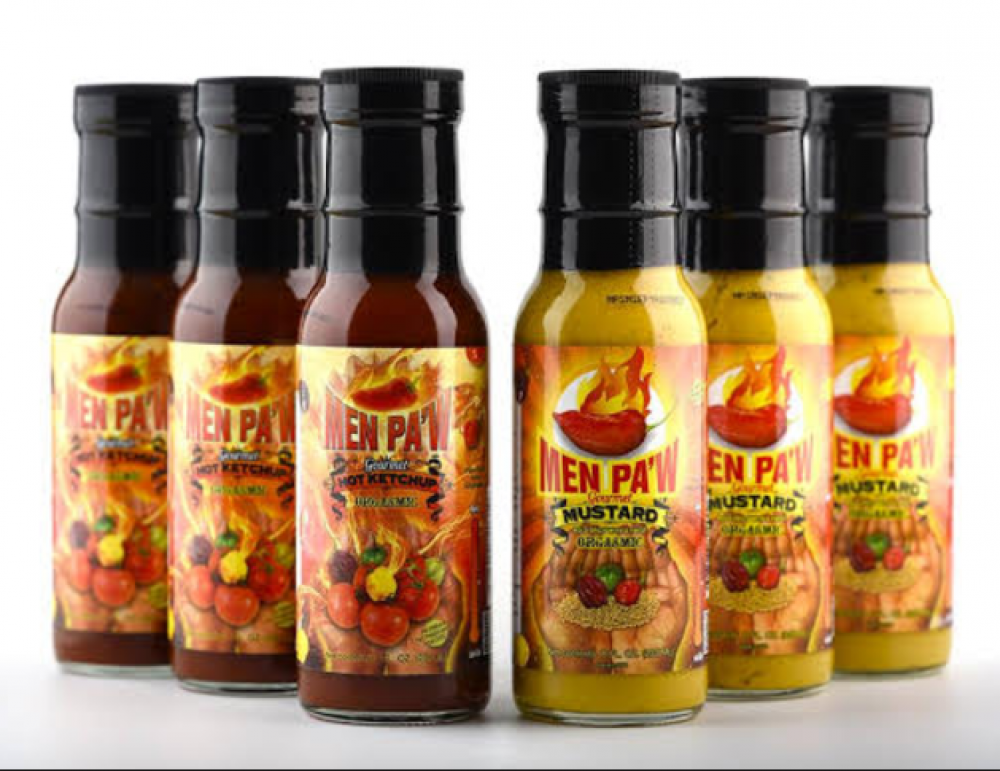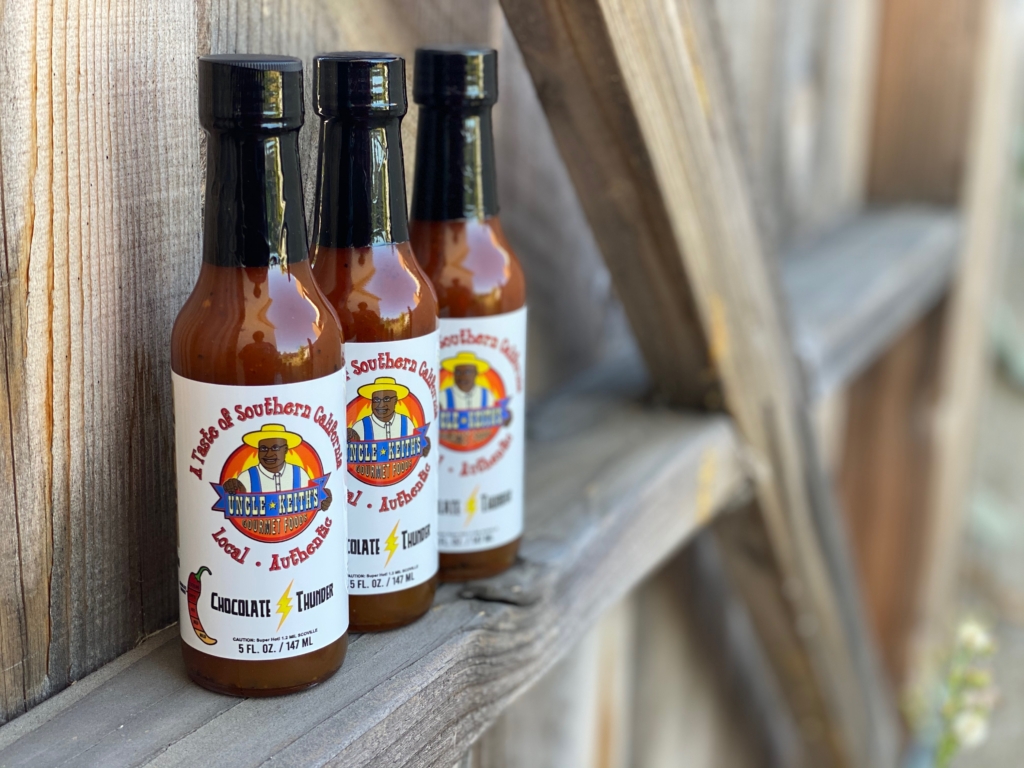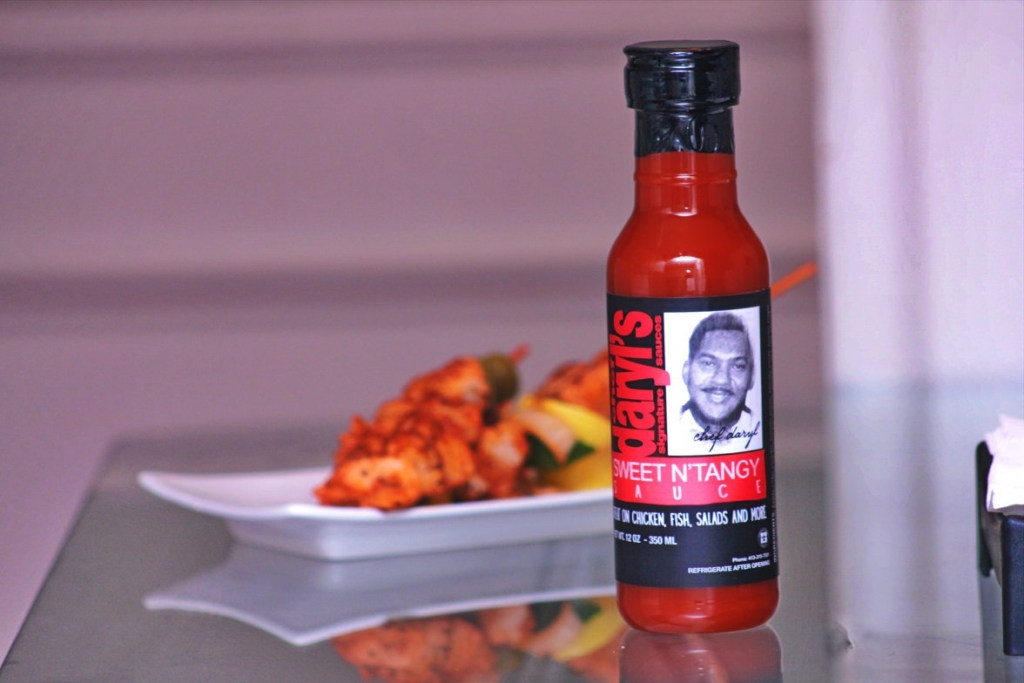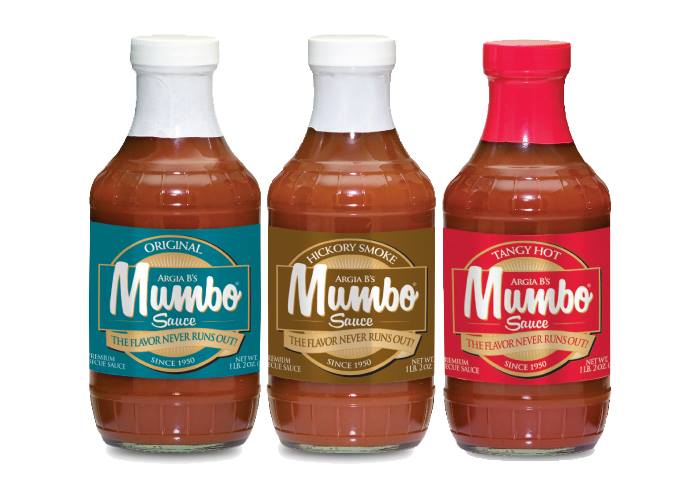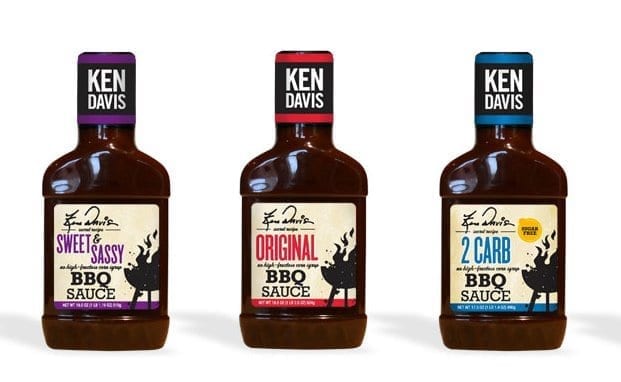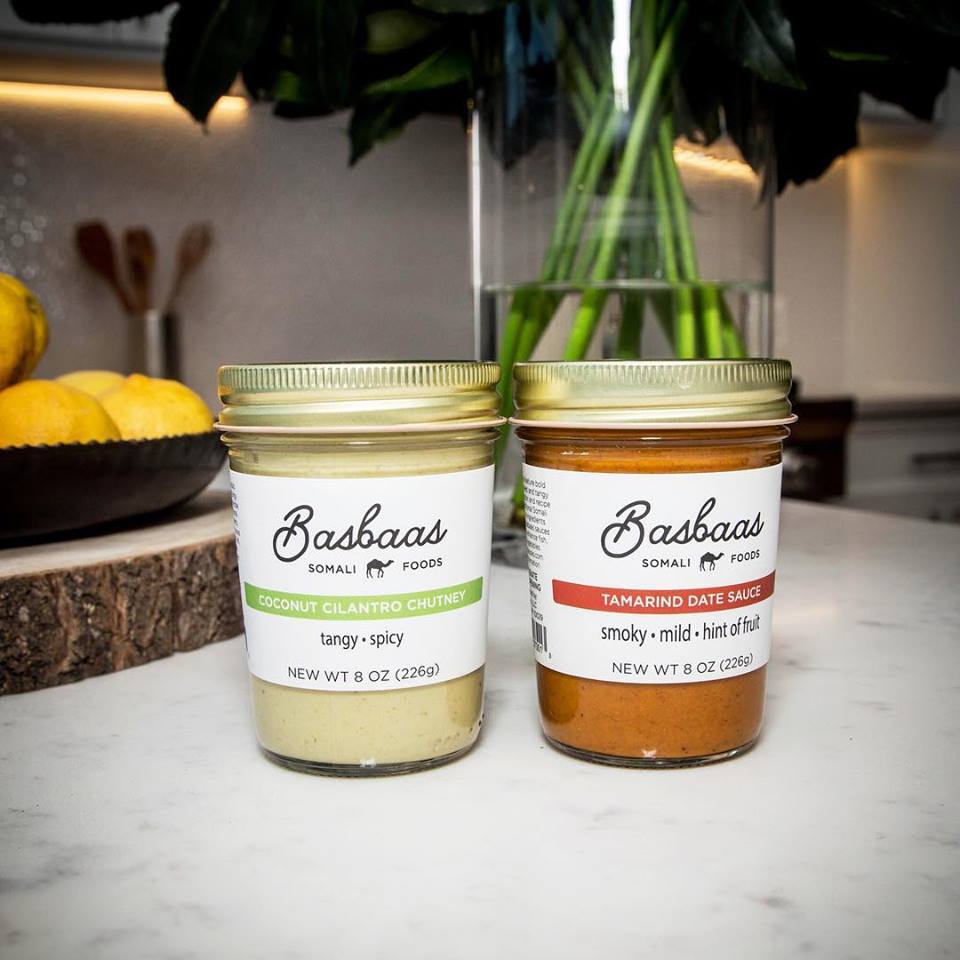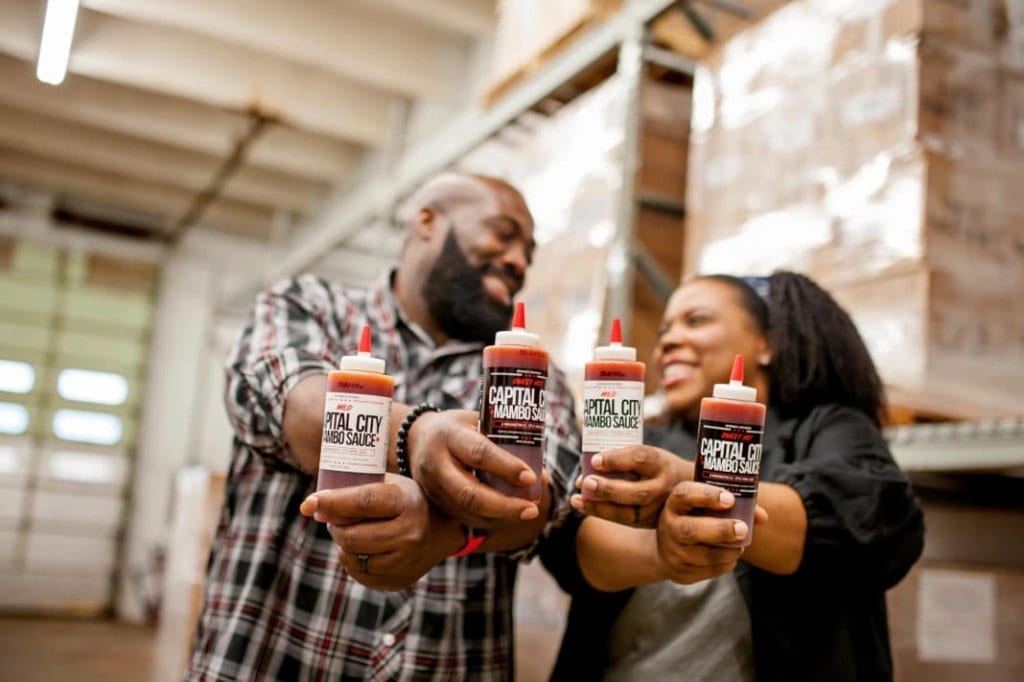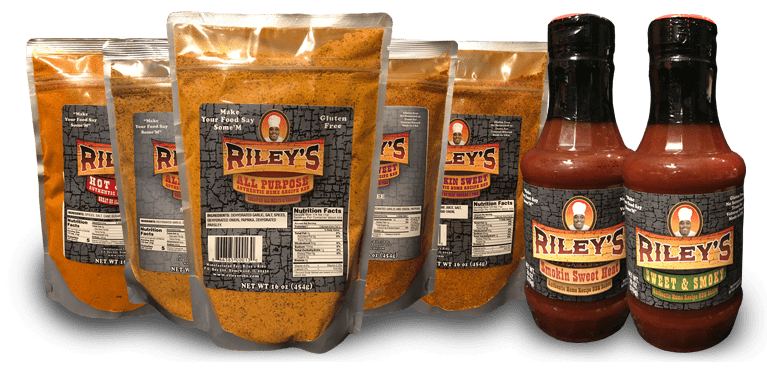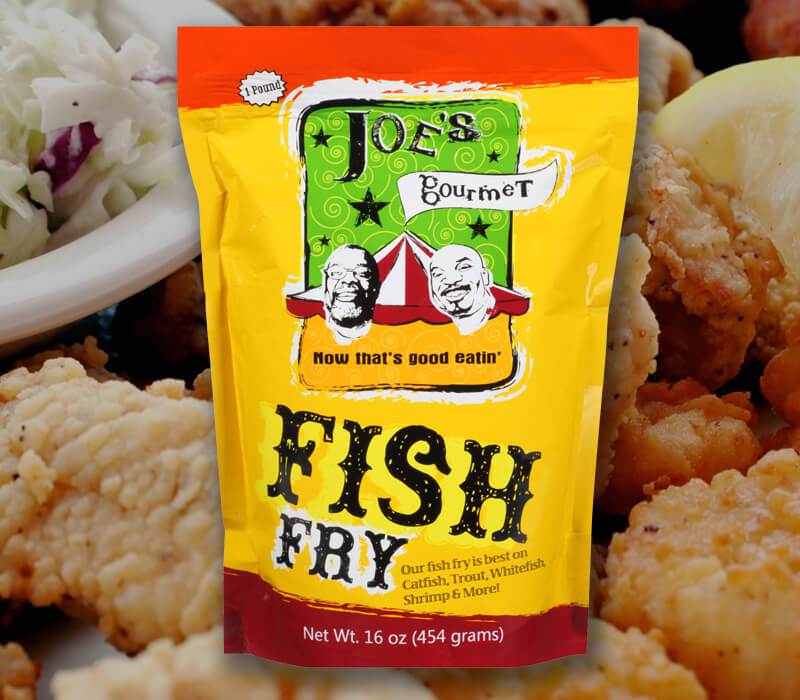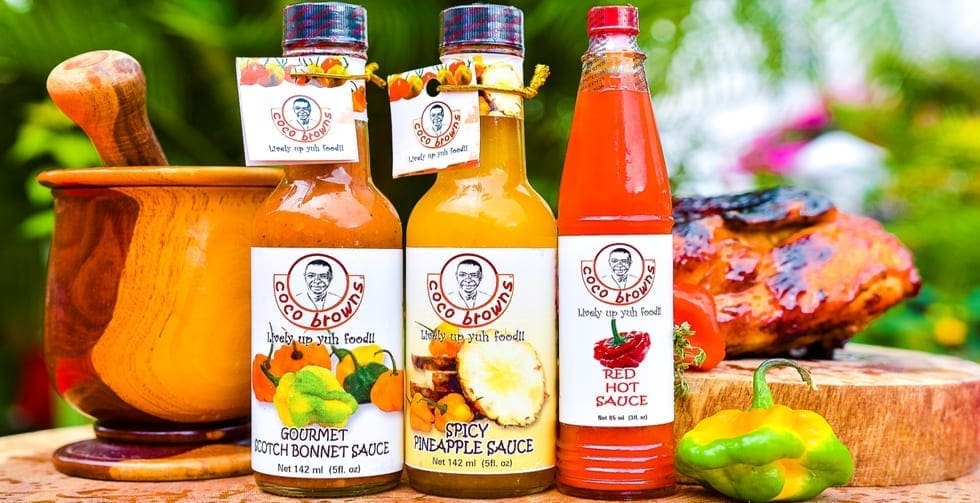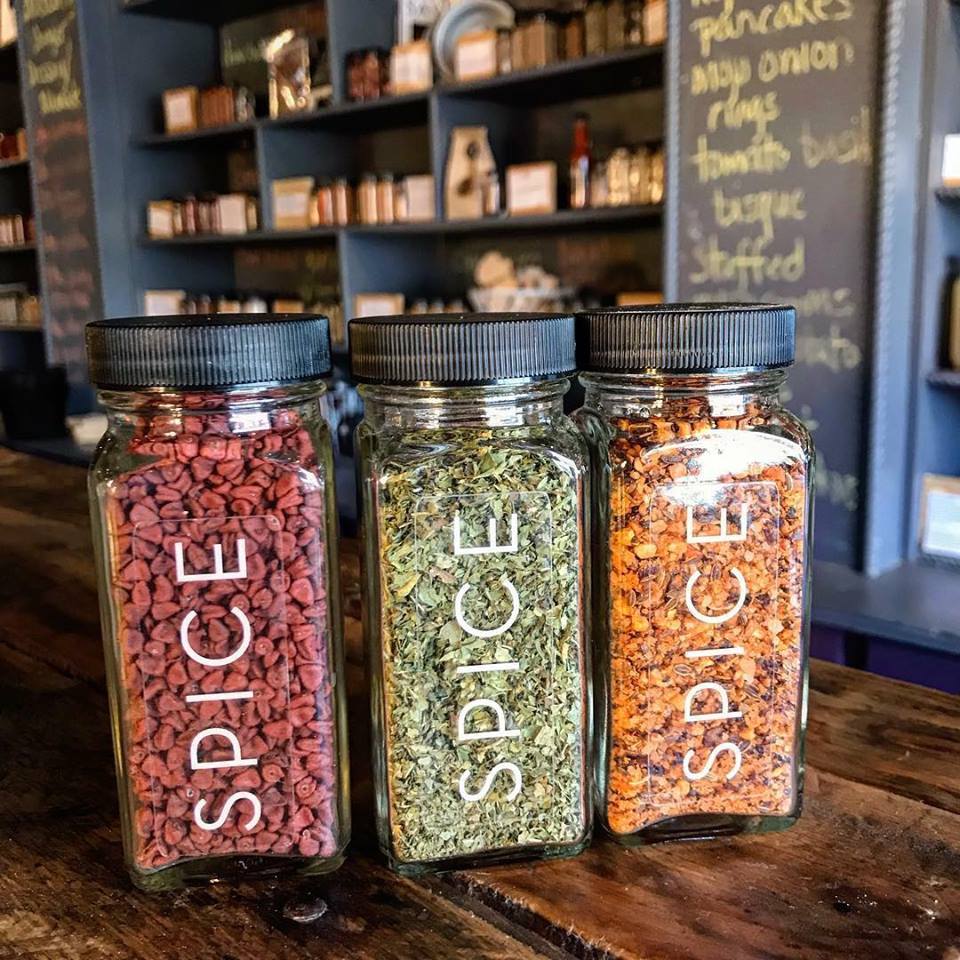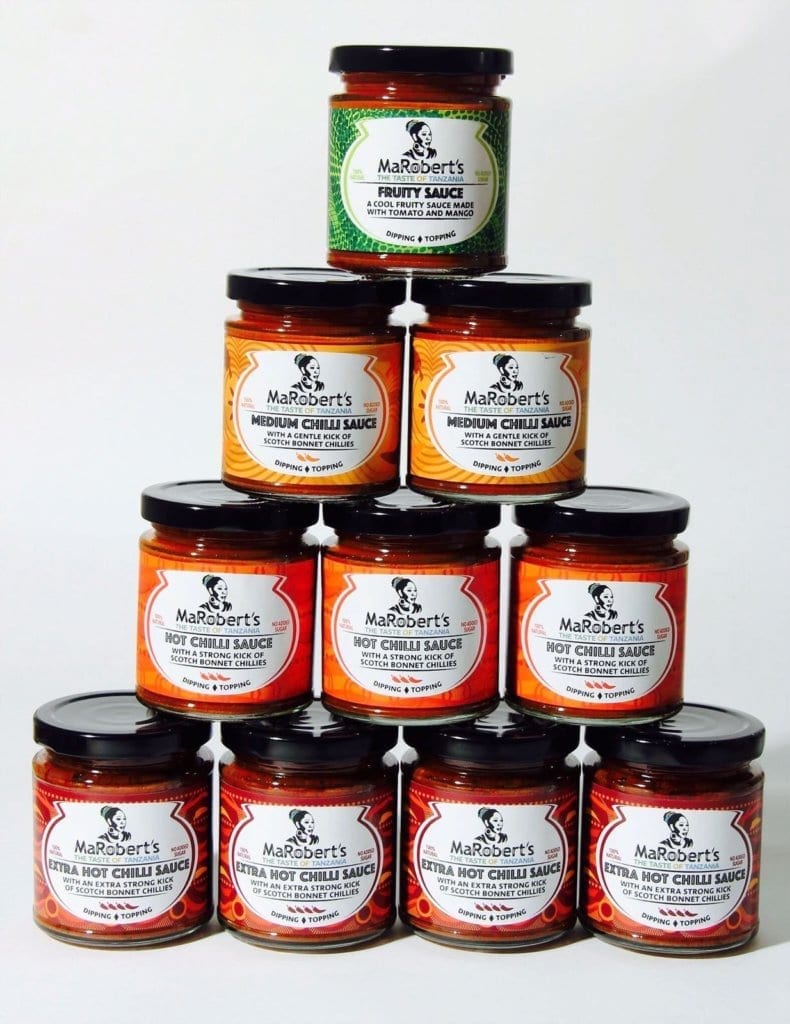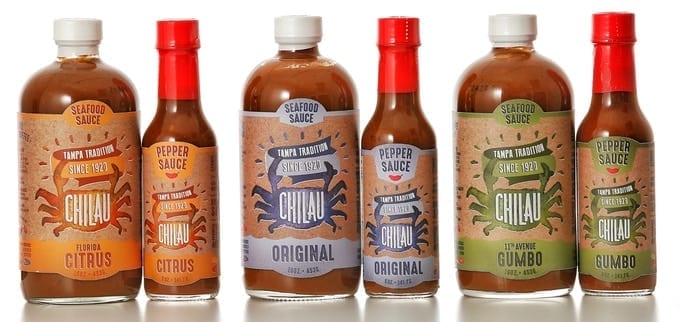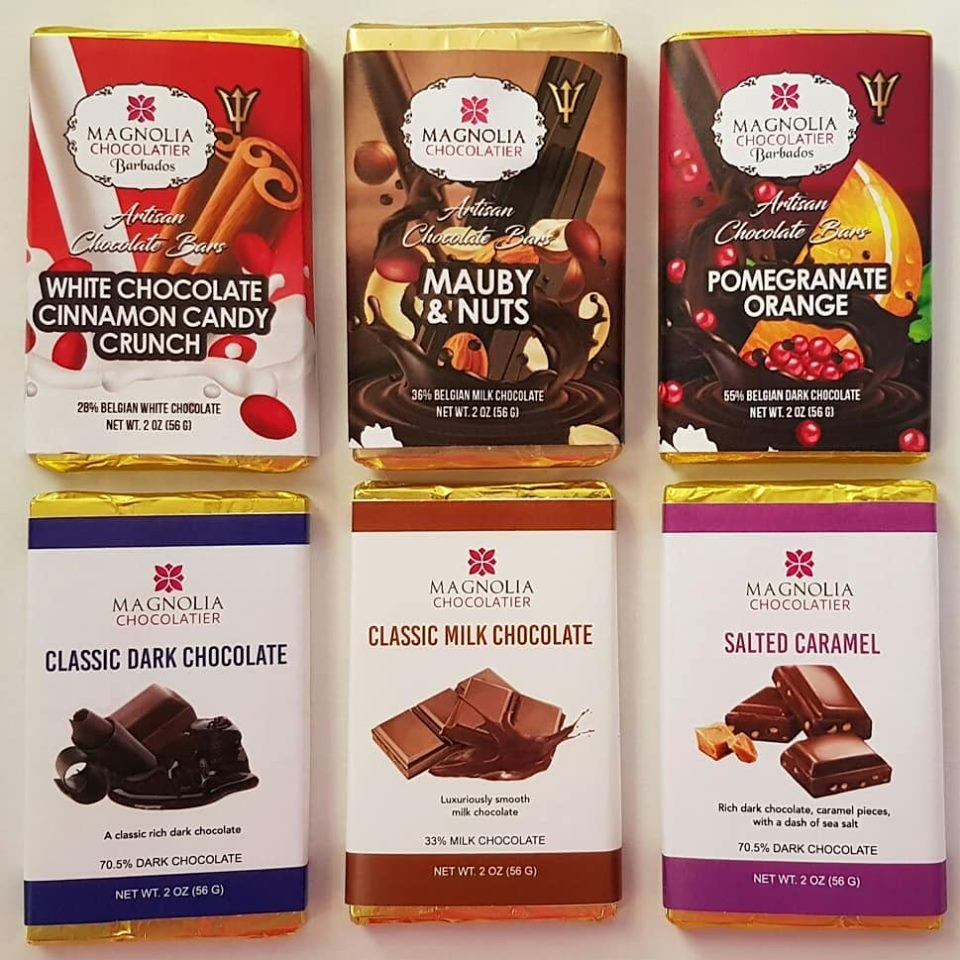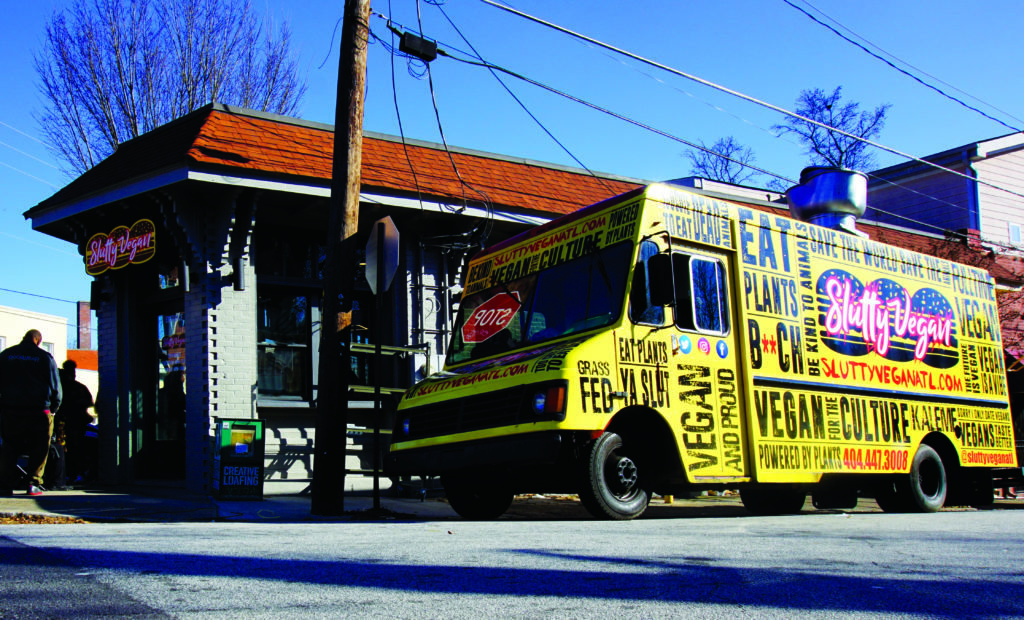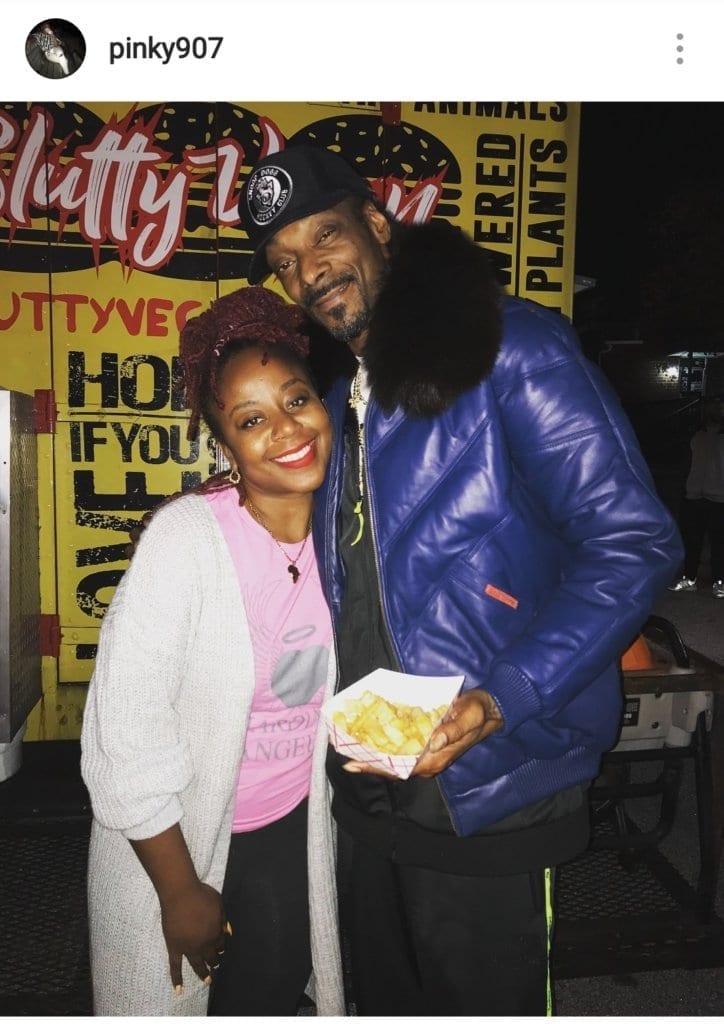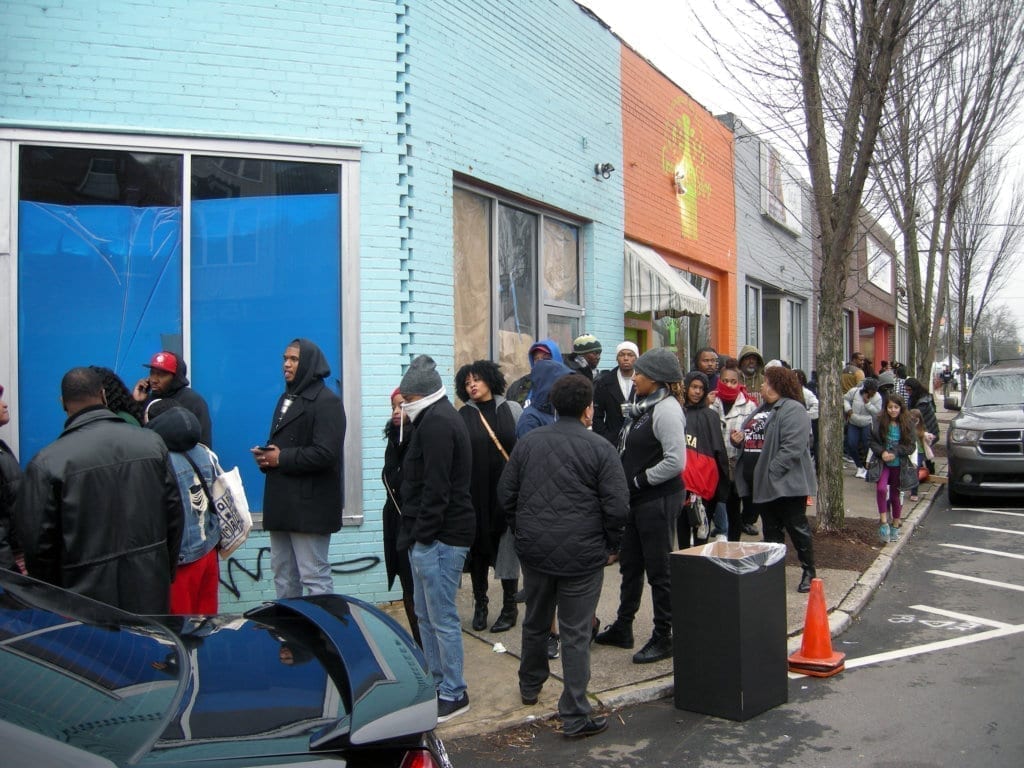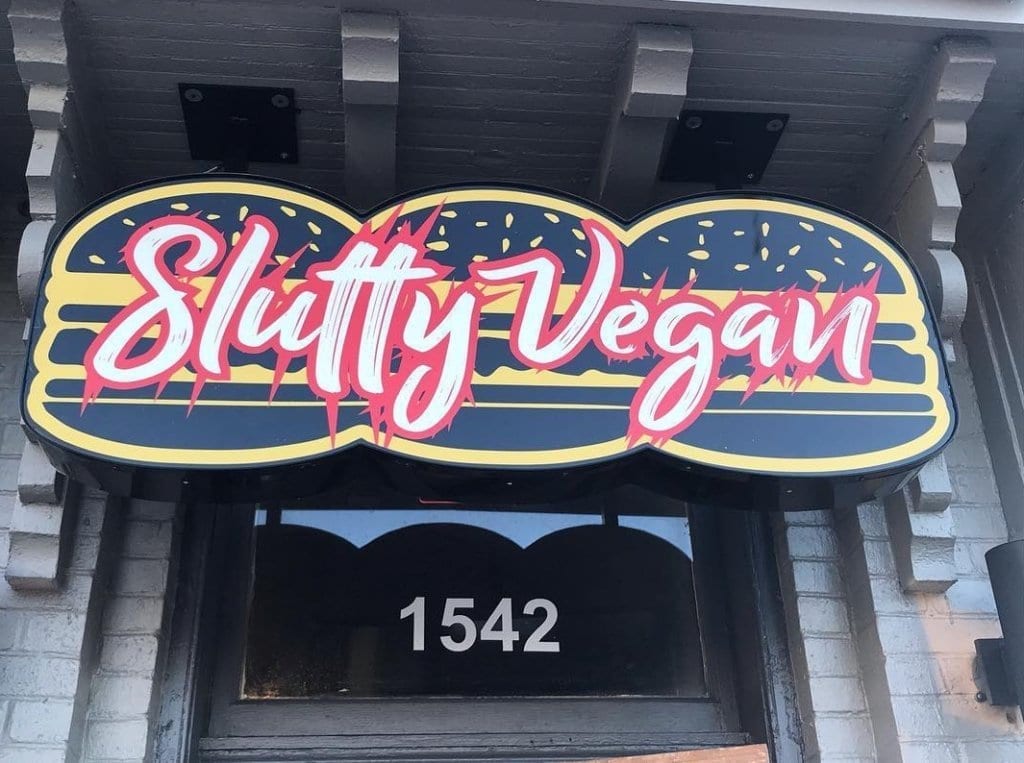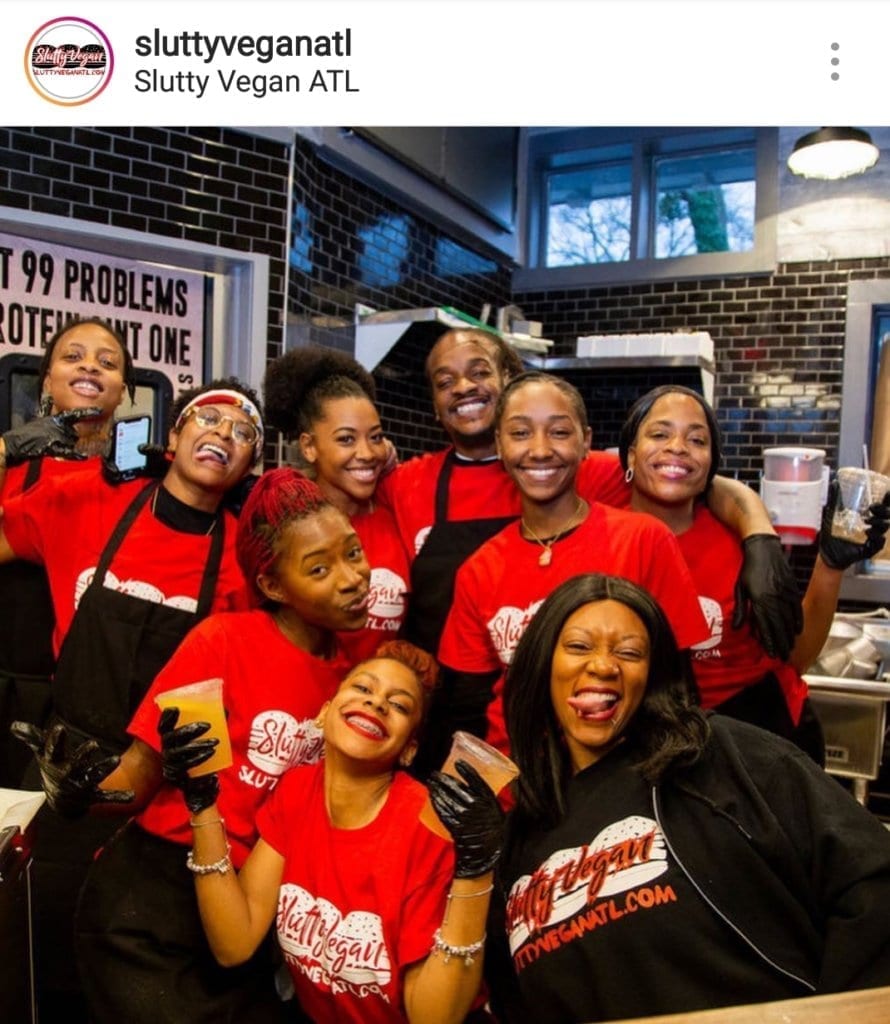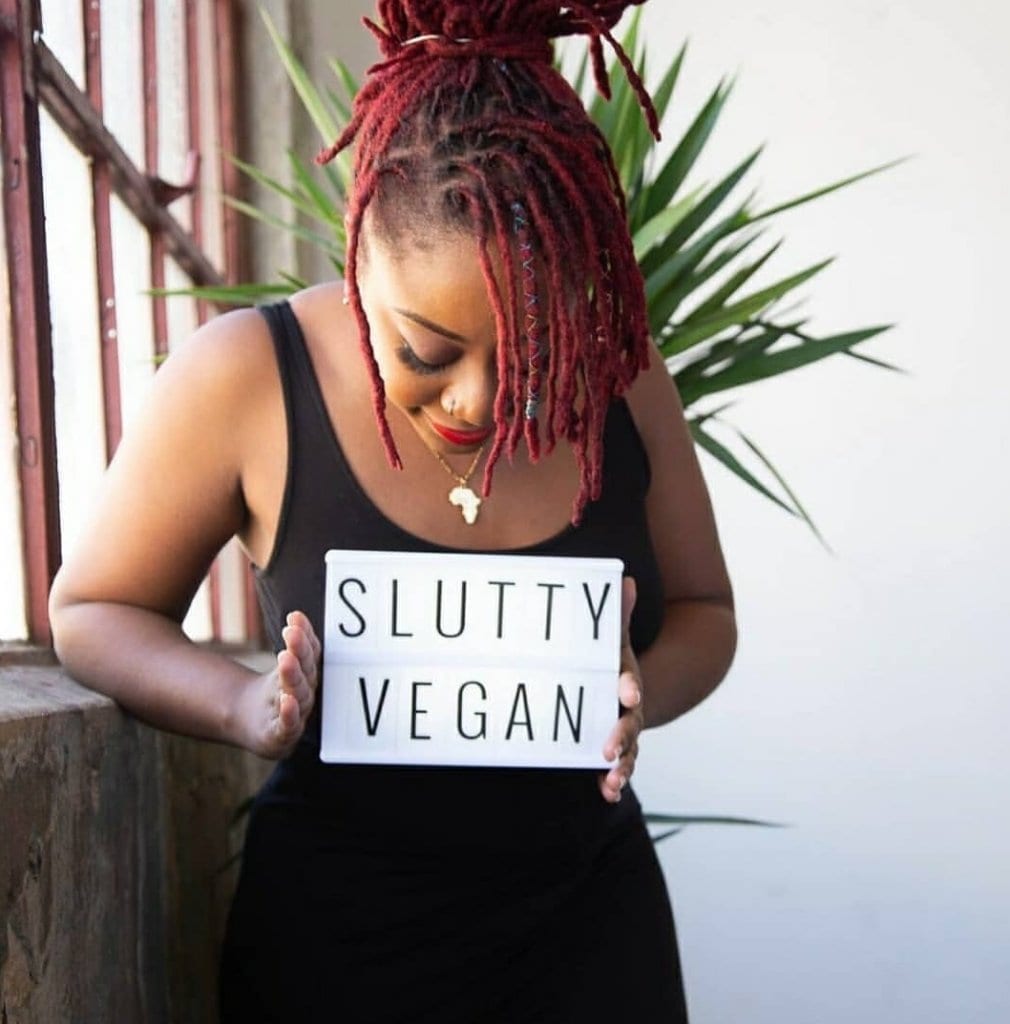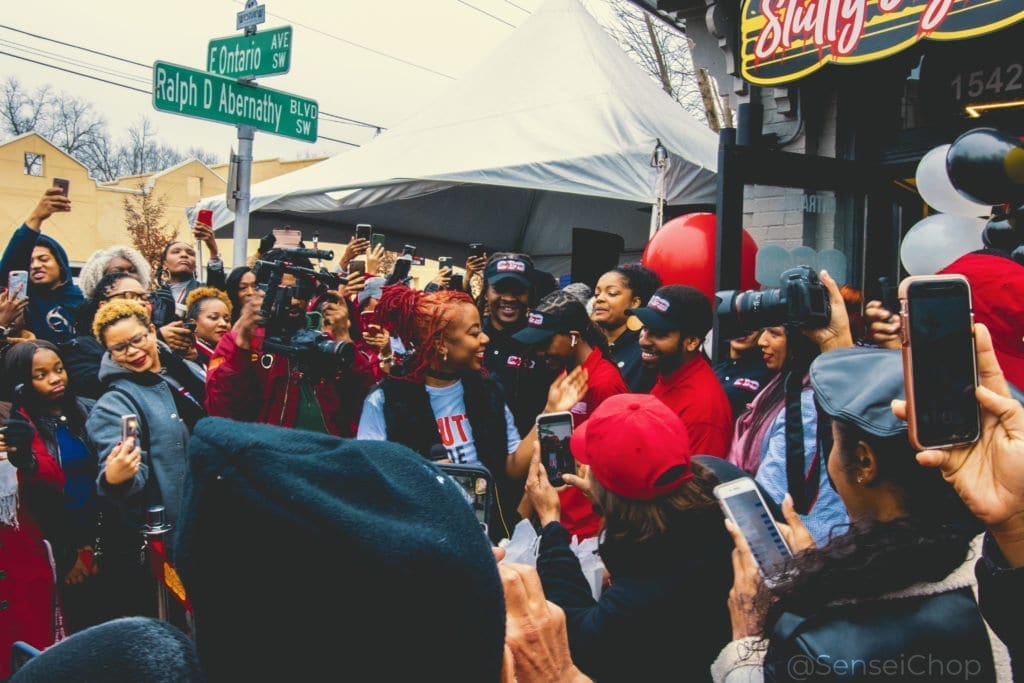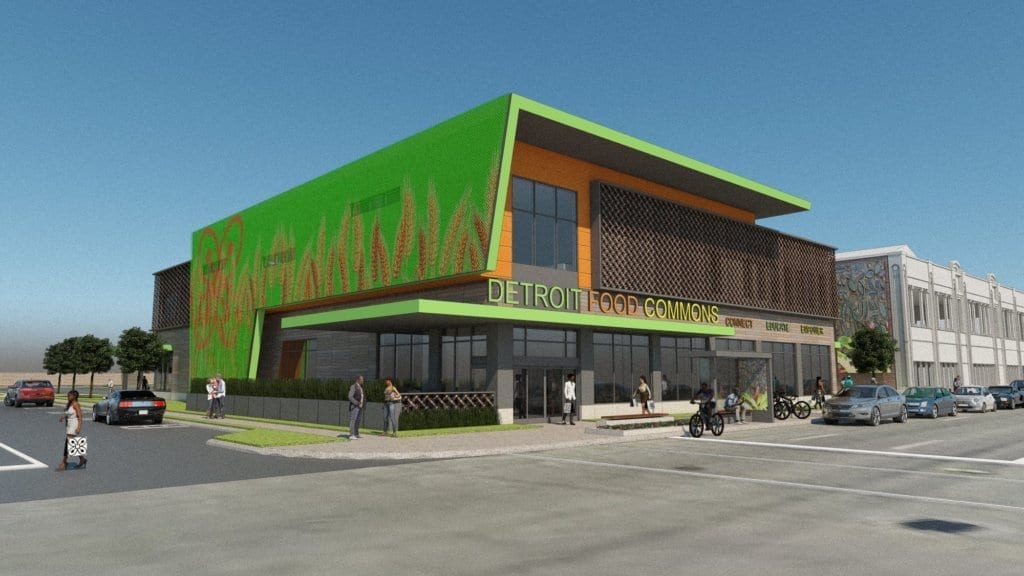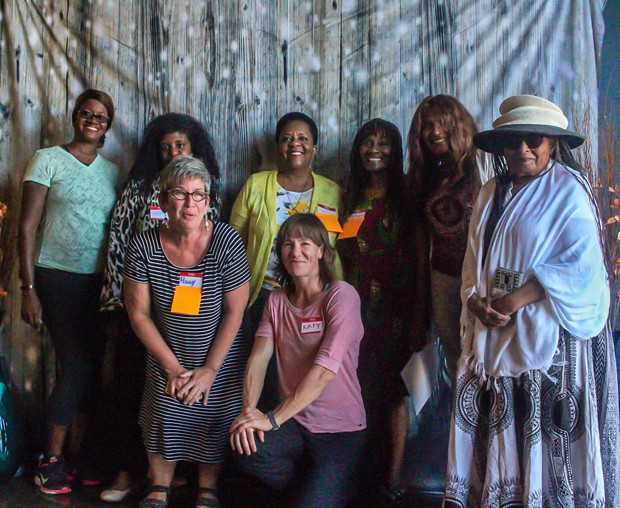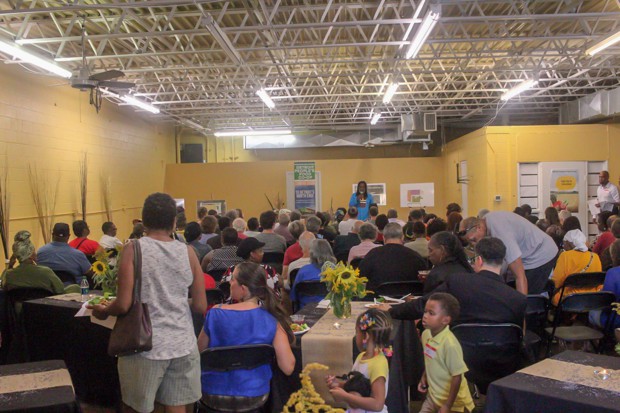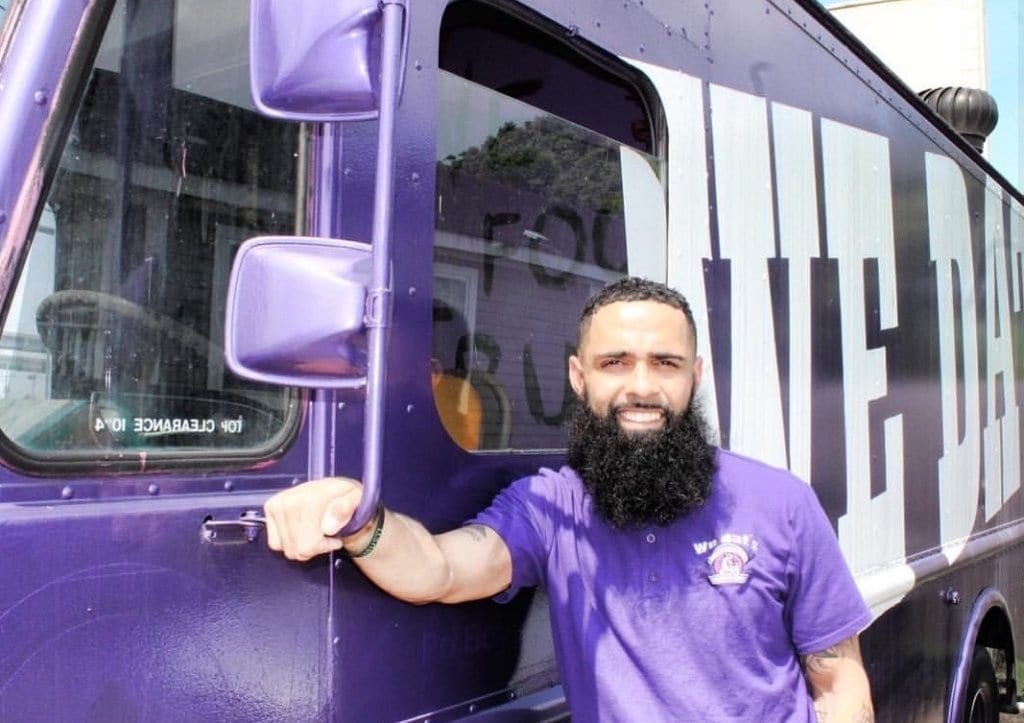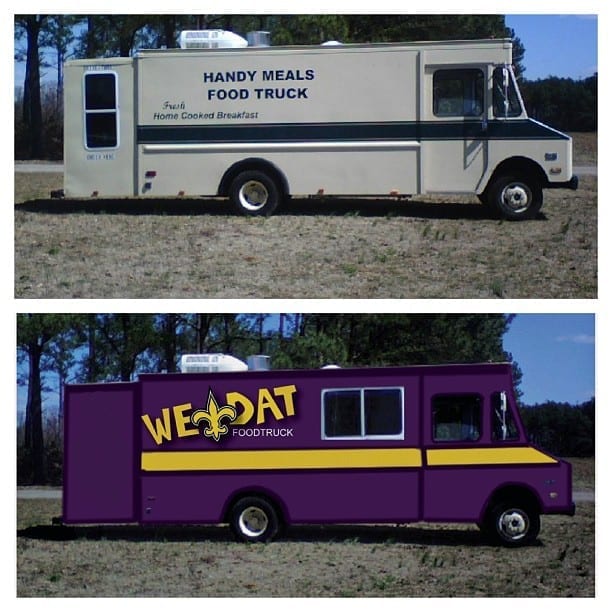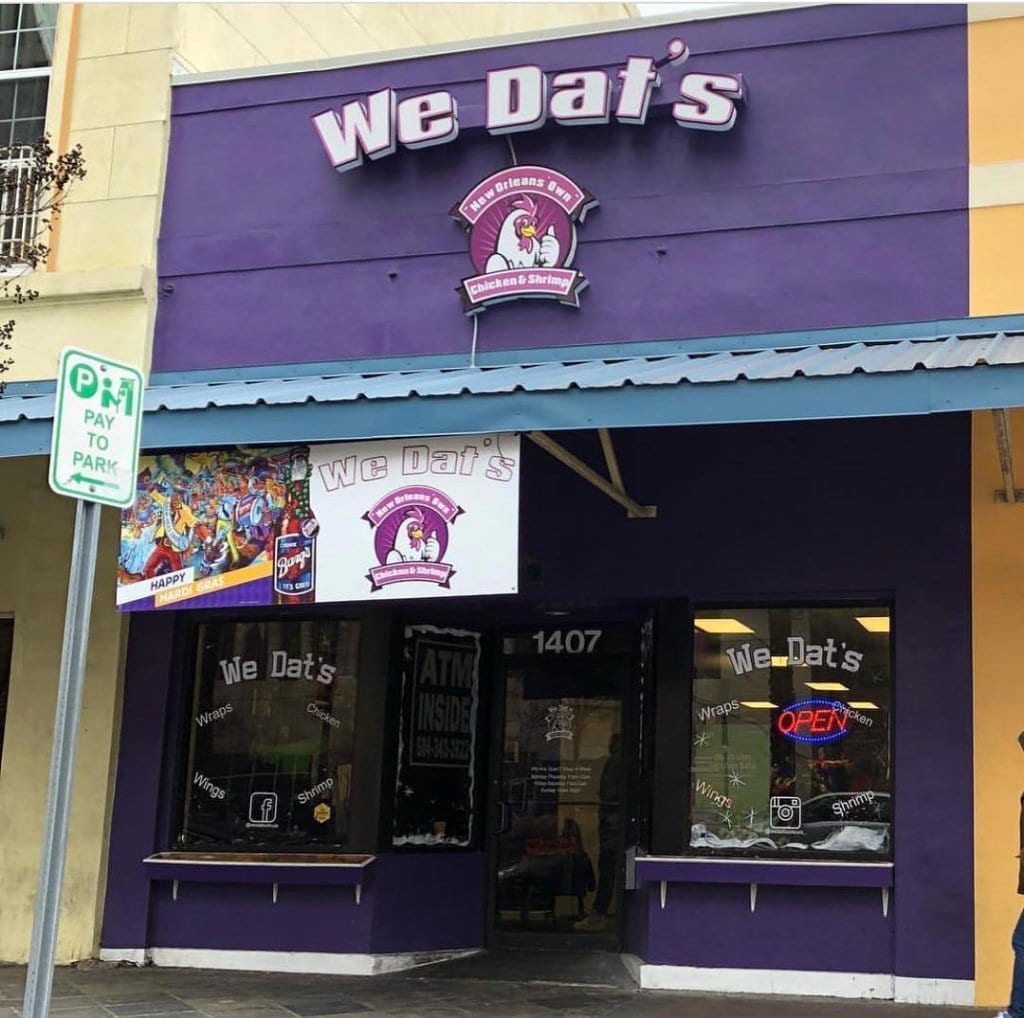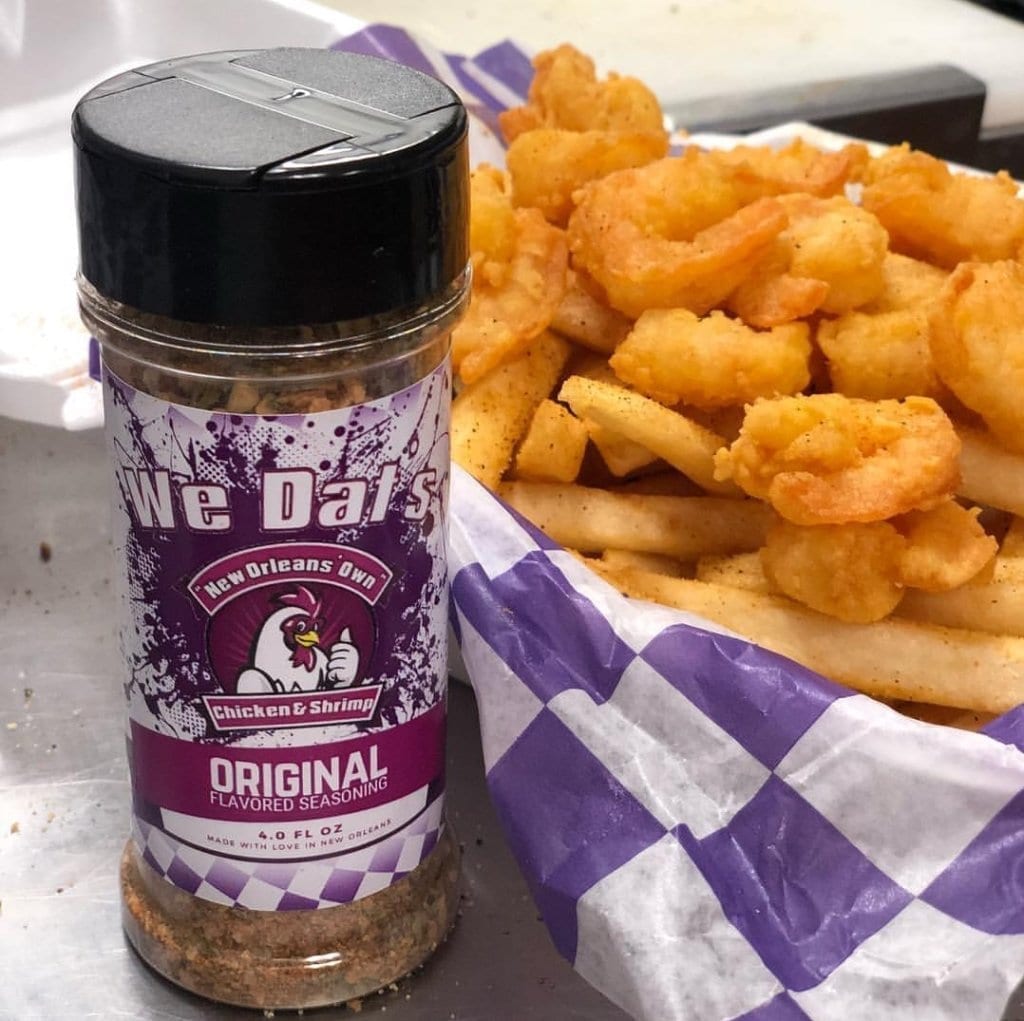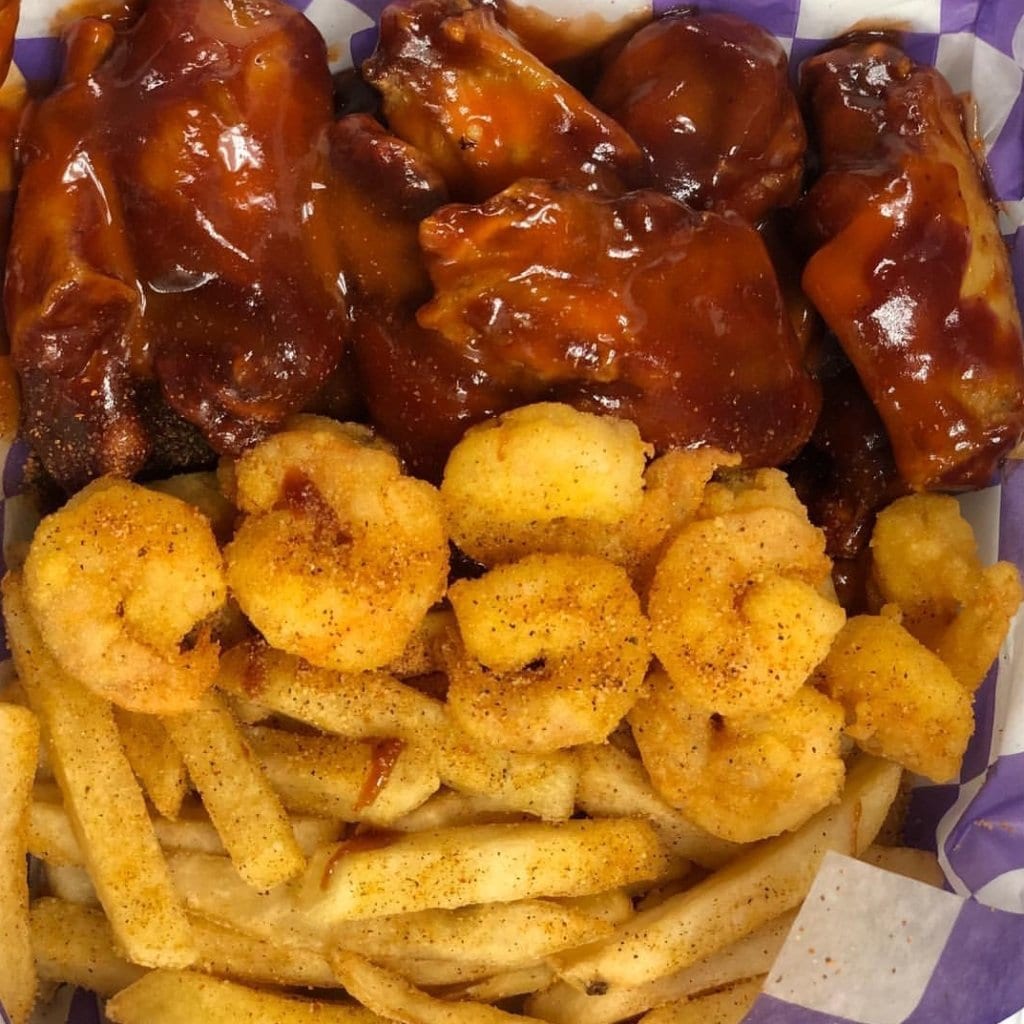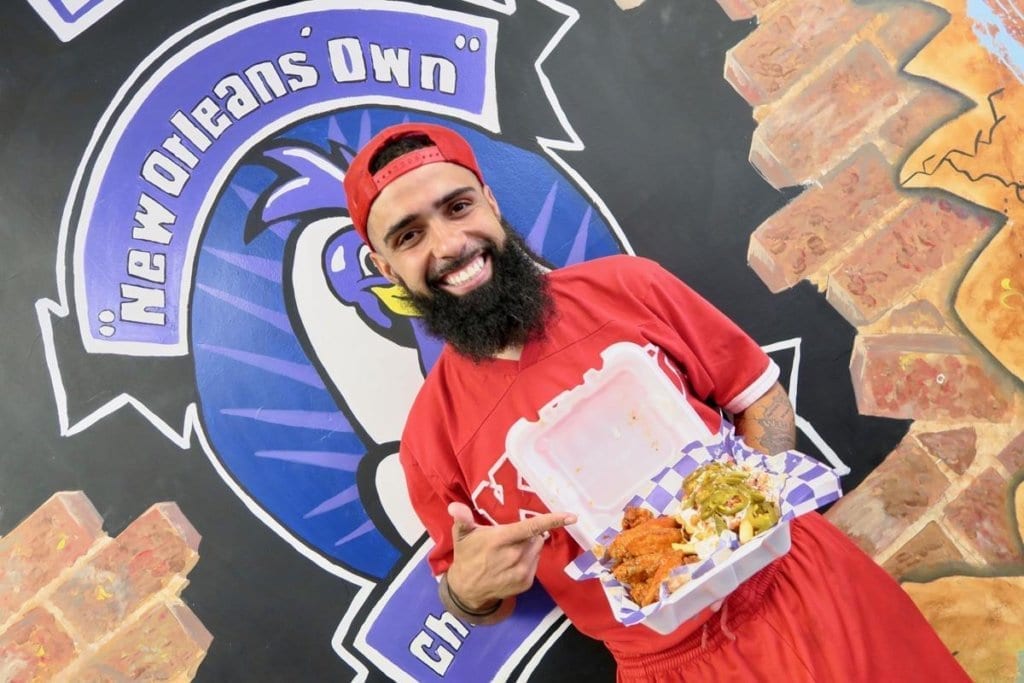Bellying up to a metal table inside his new kitchen on H Street NE, Peter Prime lowers a long-reach lighter into a hole in a hand-held smoker and watches as it sucks the flame into a mixture of beech wood and coconut husks.
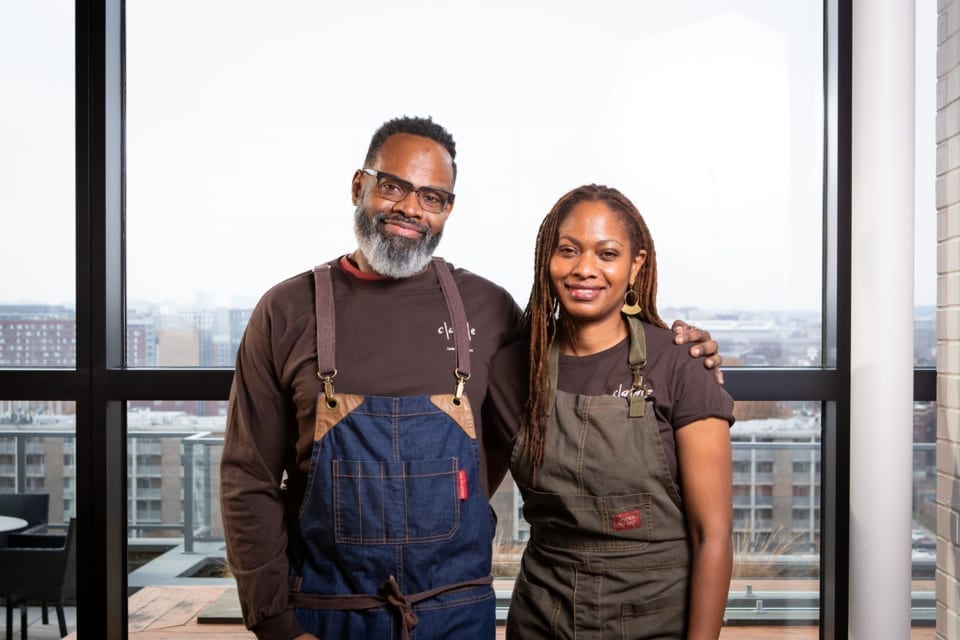
Smoke winds through a black tube inserted through a crack in the lid of a boxy plastic container, perfuming an ice cream base he’s made out of a milk he’s extracted from Dominican coconuts — the baby Thai ones are too inconsistent for his taste. Prime yanks the hose out of the box after a minute. The coconut milk has a lot of fat in it, he says, which will take on the smoke quickly.
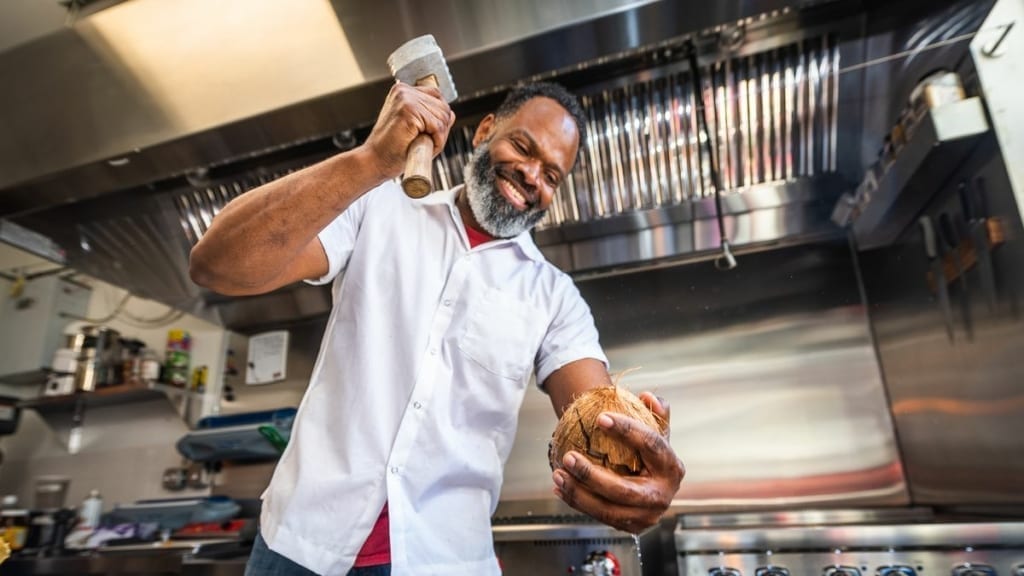
Cane, Prime’s first restaurant venture as an owner, will open on Monday, April 22, at 403 H Street NE. He’s spent the past few weeks workshopping dishes that will replicate the street food he grew up eating on the island of Trinidad, a cuisine heavily impacted by enslaved people from Africa who worked the sugar cane fields and indentured workers from India who arrived during British rule.
The enthusiastic response Prime received for the Caribbean smokehouse style he developed at Spark at Old Engine 12 in Bloomingdale convinced him that D.C. was ready for him to further explore his roots. After training at the French Culinary Institute in New York and working with some of Washington’s most successful chefs — Michel Richard at Citronelle, Rob Weland at Poste Modern Brasserie, Todd Gray at Equinox — Prime has a toolbox of techniques to lean on while creating his version of food found largely on street corners and rum shops.
“We don’t have a huge eating out culture,” Prime says of Trinidad, “but food is central to all of our lives.”
At Cane, a soft-serve machine will pump out smoked coconut ice cream with a benne seed candy, and flavors like Guinness beer and rum raisin will rotate in for adults.
Appetizers will include doubles, a ubiquitous street food snack often eaten for breakfast. Prime compares them to tacos, except instead of a tortilla there is a frybread wrapper stuffed with curried chickpeas and a spicy relish. On the wall, there’s a painting that recreates a photograph of former President Barack Obama eating one during a state visit.
Prime served the frybreads at Spark, which closed its restaurant and became a full-time private events space in December, but they were deconstructed and served with different condiments. At Cane, they come on paper just like they do on the street in Trinidad.
Prime’s jerk chicken wings, the first Caribbean dish he experimented with selling, will also make the trip over from Spark. Grilled oxtails and brisket sliders will also be familiar to Prime followers, but the latter will come on hops bread, soft rolls he’ll be pulling fresh out of the oven every day for happy hour. Prime is continuing his whole snapper, too, deep-fried and tossed with pickled peppers.
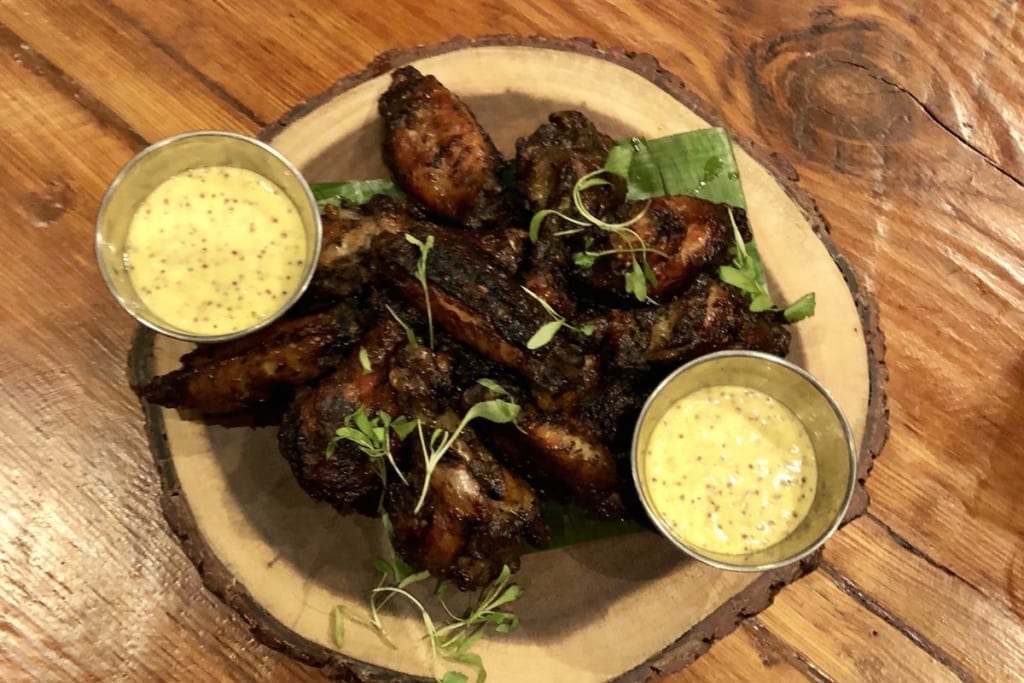
Tiffin boxes, stackable sets of metal containers popular in India, will have containers for the Trinidadian paratha — or roti bread — and compartments for beef or duck curries and vegetables.
“It’s kind of designed as a great appetizer for four or a meal for two,” Prime says.
Rich, fatty plates follow the tradition of rum shop dishes called “cutters” because they cut through the alcohol. That includes a cow heel soup and a geera (cumin) pork stew. At rum shops, Prime says, people usually get a bowl of ice and a bottle of rum to share while they casually eat and drink.
“Your palate is kind of being numbed by the straight alcohol,” he says. “The cutters wake it up. You enjoy the food more, and you enjoy the rum more.”
A robust rum program at Cane includes rhum agricole and spirits from heritage stills at Demerara in Guyana. Customers will be able to sample rum flights, and a fresh juice program forms the base of cocktails. That includes a sweet lime juice that goes into Prime’s rum punch and mauby, a sweet and bitter concoction made from steeping a Caribbean bark.
To recreate the feel of the rum shops back home, Prime enlisted the help of his sister, Jeanine Prime, who partnered with him to open Cane. Jeanine, who holds a Ph.D. in social psychology as well as an MBA, remembers watching Julia Child on TV with her brother and their mother.
“It’s been a dream for a long time to open this thing,” she says. “Maybe back in 2006 we were kind of dreaming about going into business together.”
Distressed wood lining the bottom of the bar, in the host stand, and in the painted shutters on the wall help mimic the vibe of lean-tos serving rum on the beach. More polished wood — on the seats of chairs, on the floors, in tabletops and banquettes — reinforces the feeling.
The showpiece is a textured white wall that’s made out of a composite formed from recycled sugar cane.
Jeanine Prime says she’s most excited to eat her brother’s oxtails, a staple from their childhood. Peter Prime has had to coach his butcher to cut them the right way so every customer gets a tiny, exposed pocket of bone marrow. Another dish she’s looking forward to eating is the pepper pot, a rich stew that has both pork and cow heel.
“Pepper pot we have every Christmas for breakfast actually, a bowl of meat,” she says while laughing.
Both siblings say they were never excited about cooking home food when they were younger. They didn’t appreciate it until it wasn’t a regular part of their lives anymore.
Peter Prime says his path of coming full circle may feel a little cliche. But once he started experimenting with Caribbean food, it had a powerful impact on him. It made him remember where he came from, how he was shocked when he was scolded by a culinary school instructor for dousing a roasted chicken with black pepper because he was raised to love spice.
“The light kind of flickered and came on, and it was just like, this is what I do,” Prime says. “This is how you bring soul to your food.”
At a time when Washington is seeing an influx of island food through the prism of white vacationers — recent openings include the island-hopping Coconut Club in Union Market and Tiki TNT at the Wharf — Cane’s Afro-Caribbean chef authors a love letter to the daily sustenance of the diverse people of Trinidad.
Prime doesn’t have a chip on his shoulder anymore. He’s not trying to show every French technique in his arsenal. He’s just trying to put his story on a plate.
“In a place like D.C. with so much going on in the food scene, I feel like for your contribution to be relevant, it has to be from somewhere real,” he says, “somewhere you can bring a unique perspective.”
Source: Eater DC


